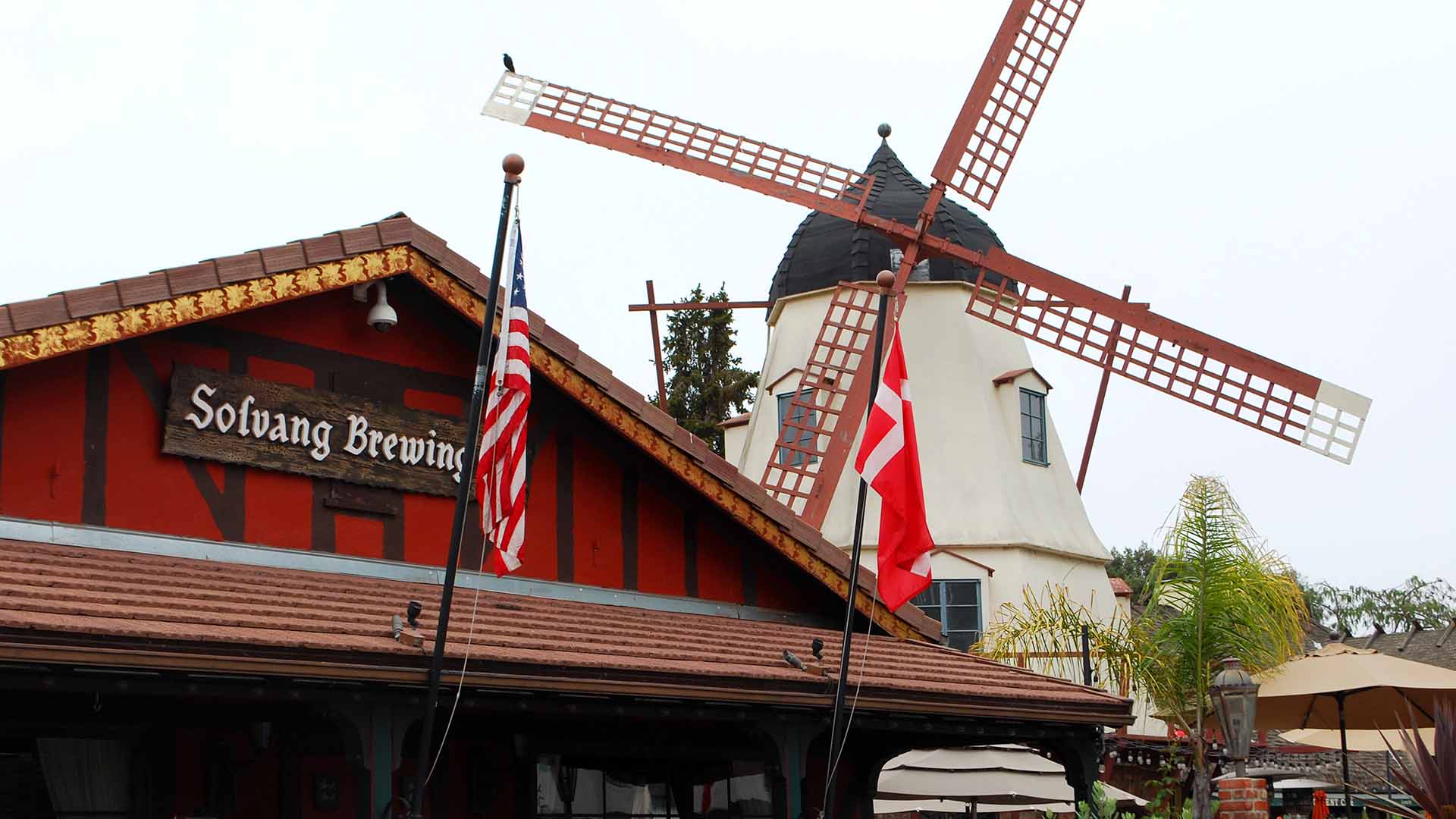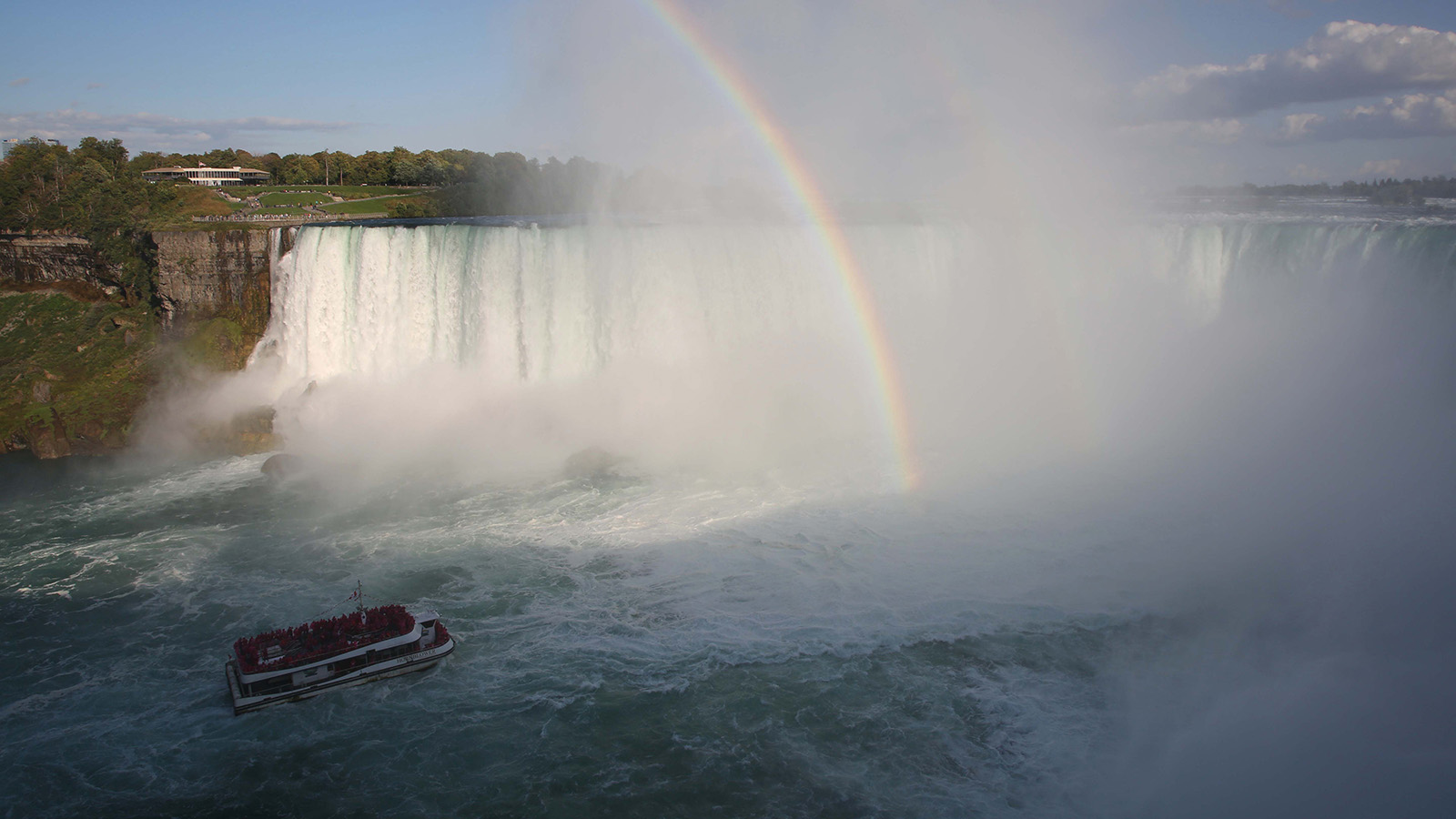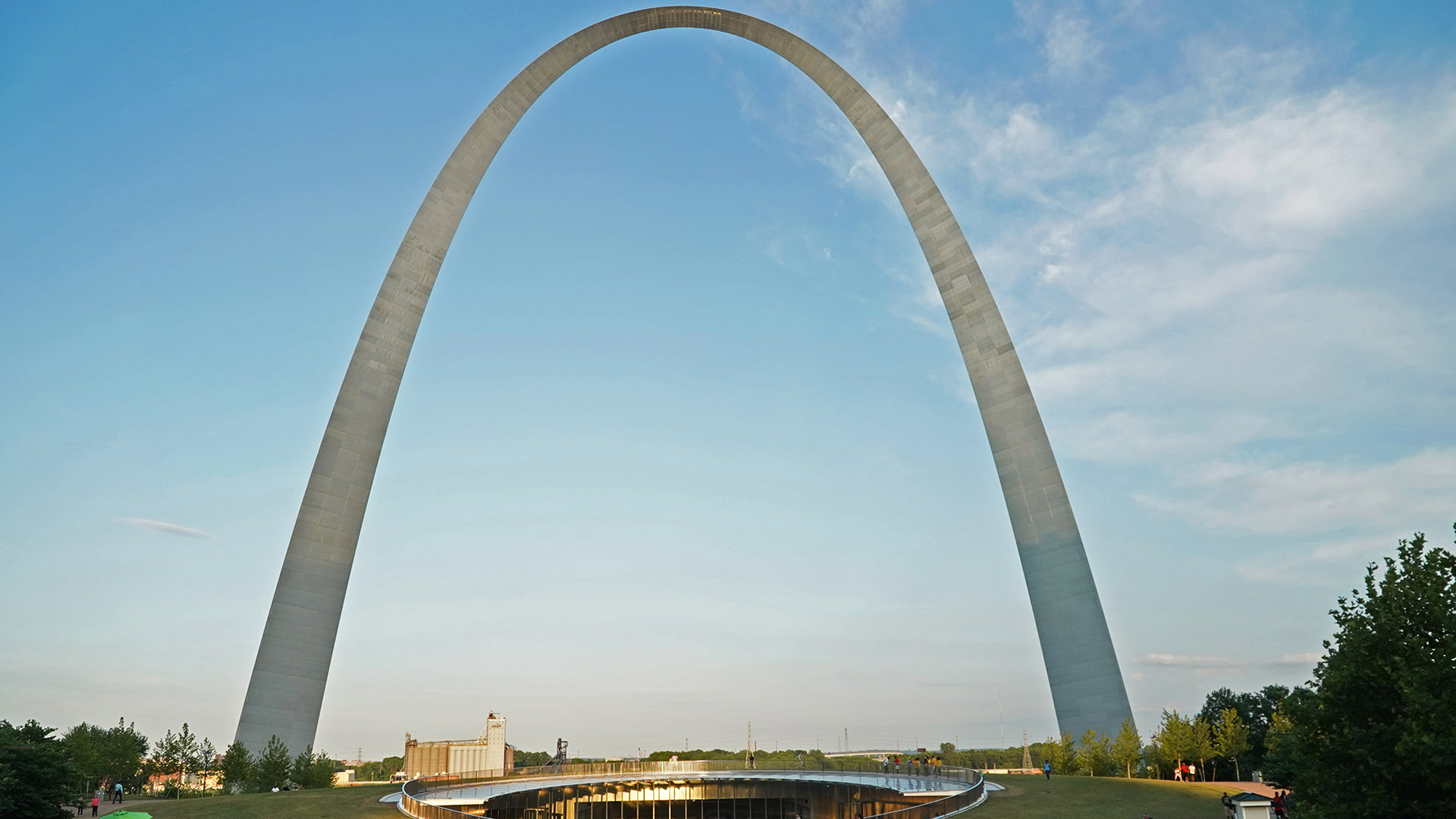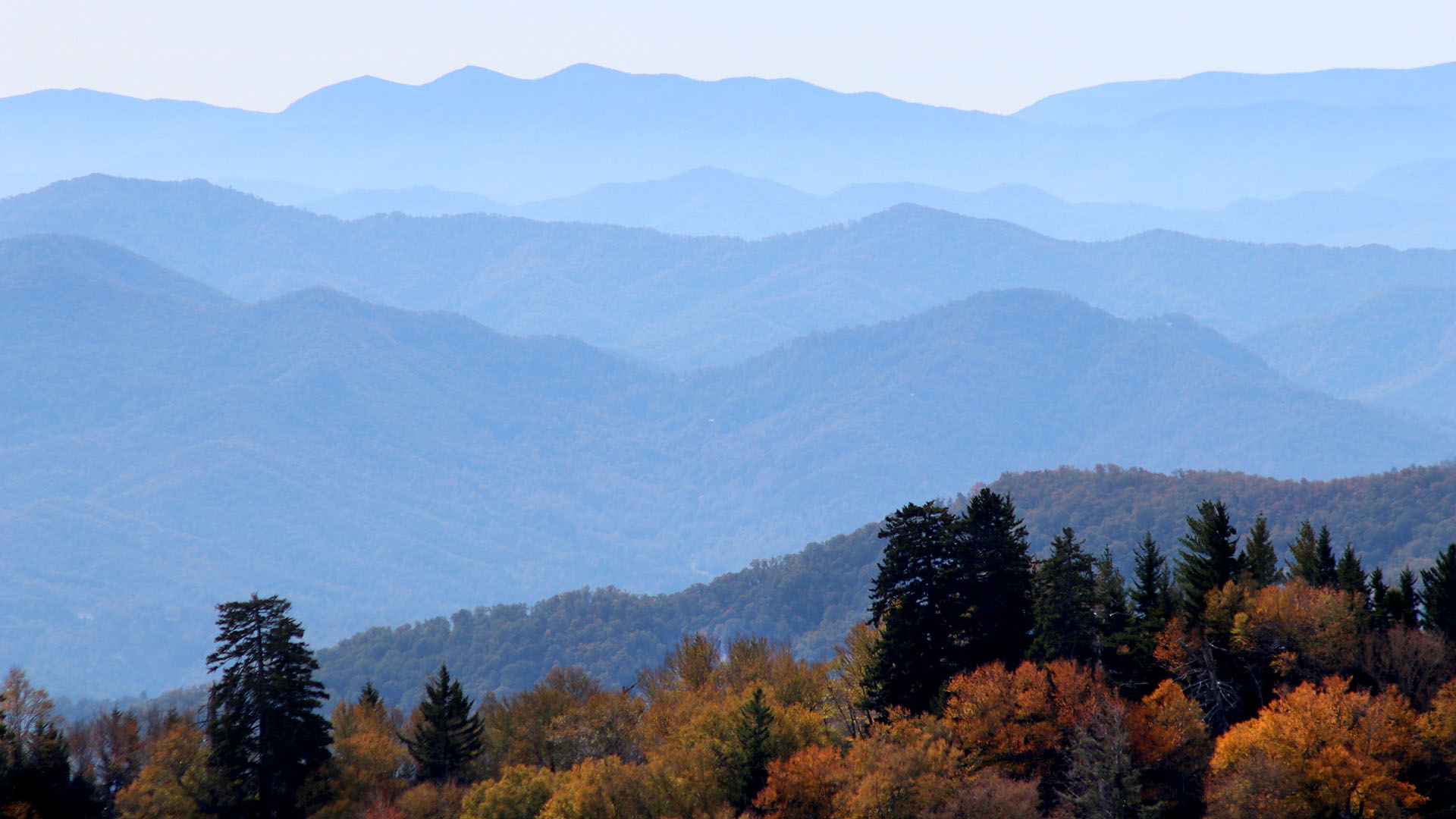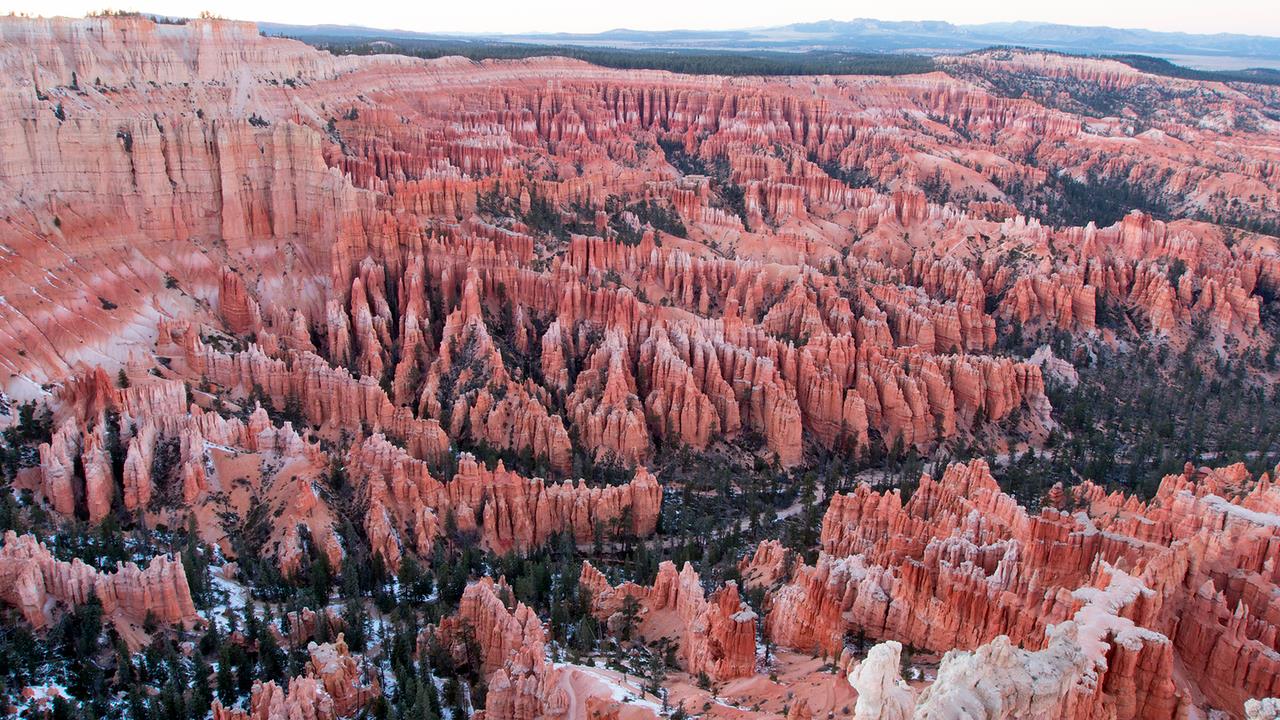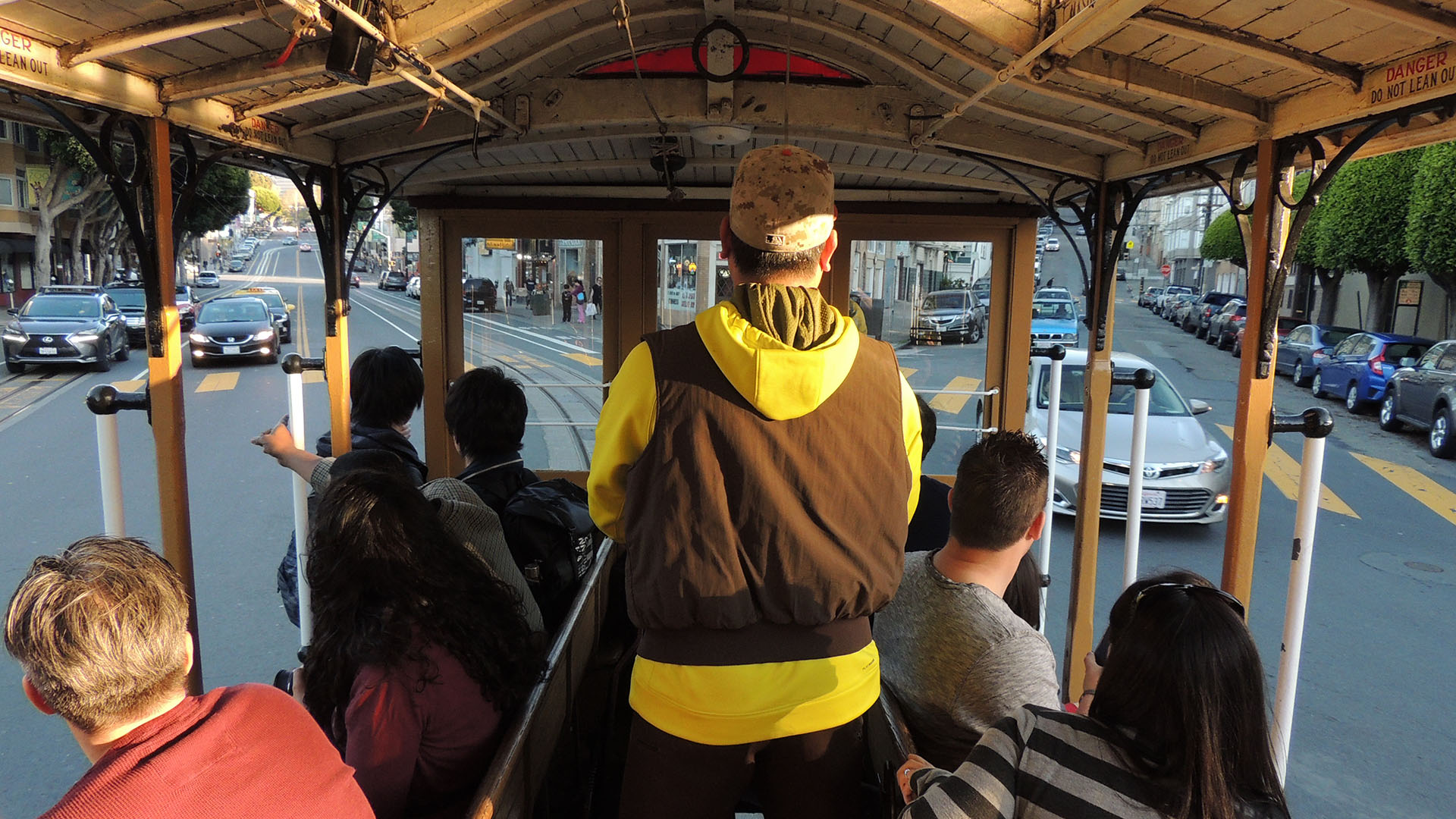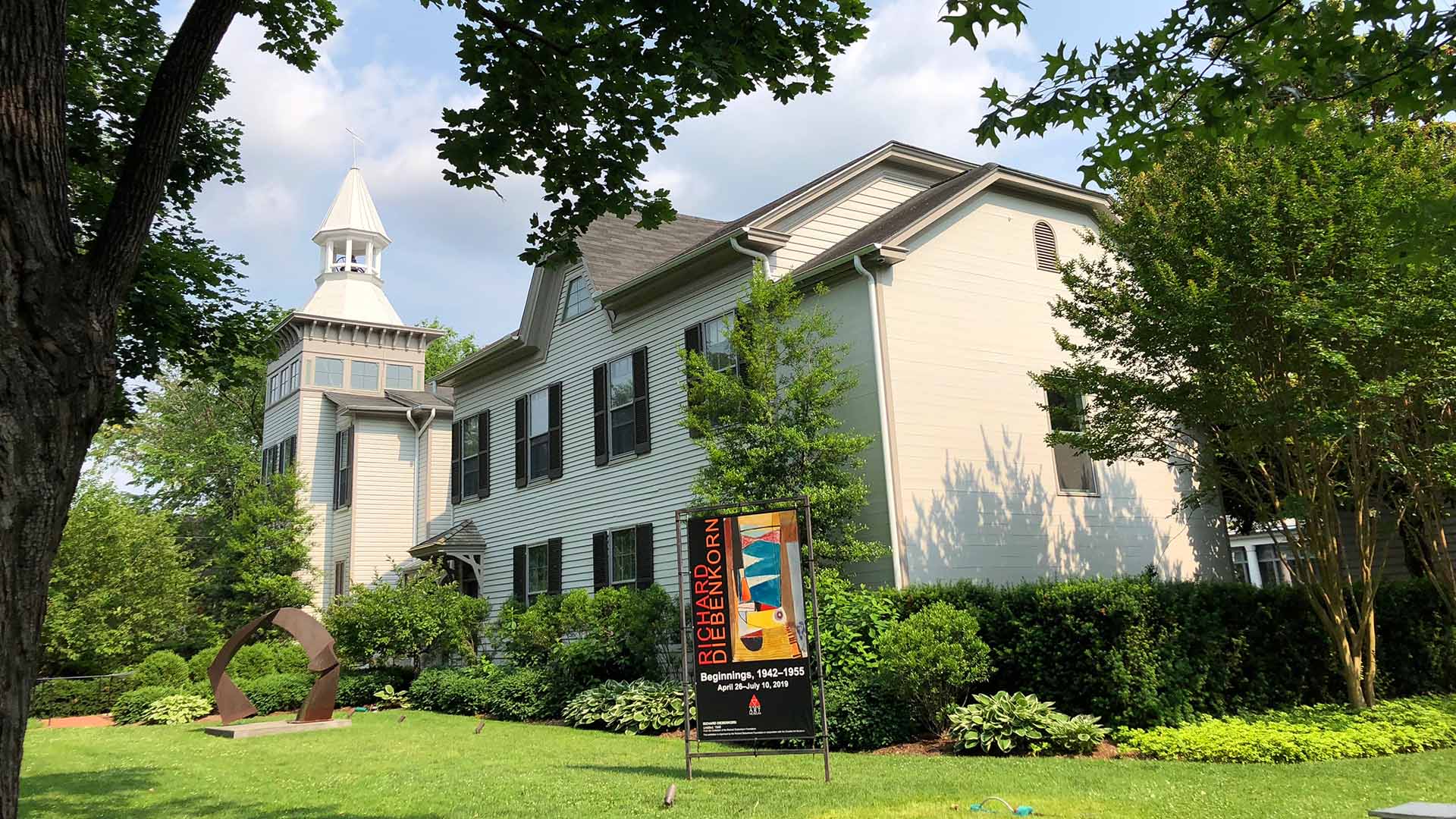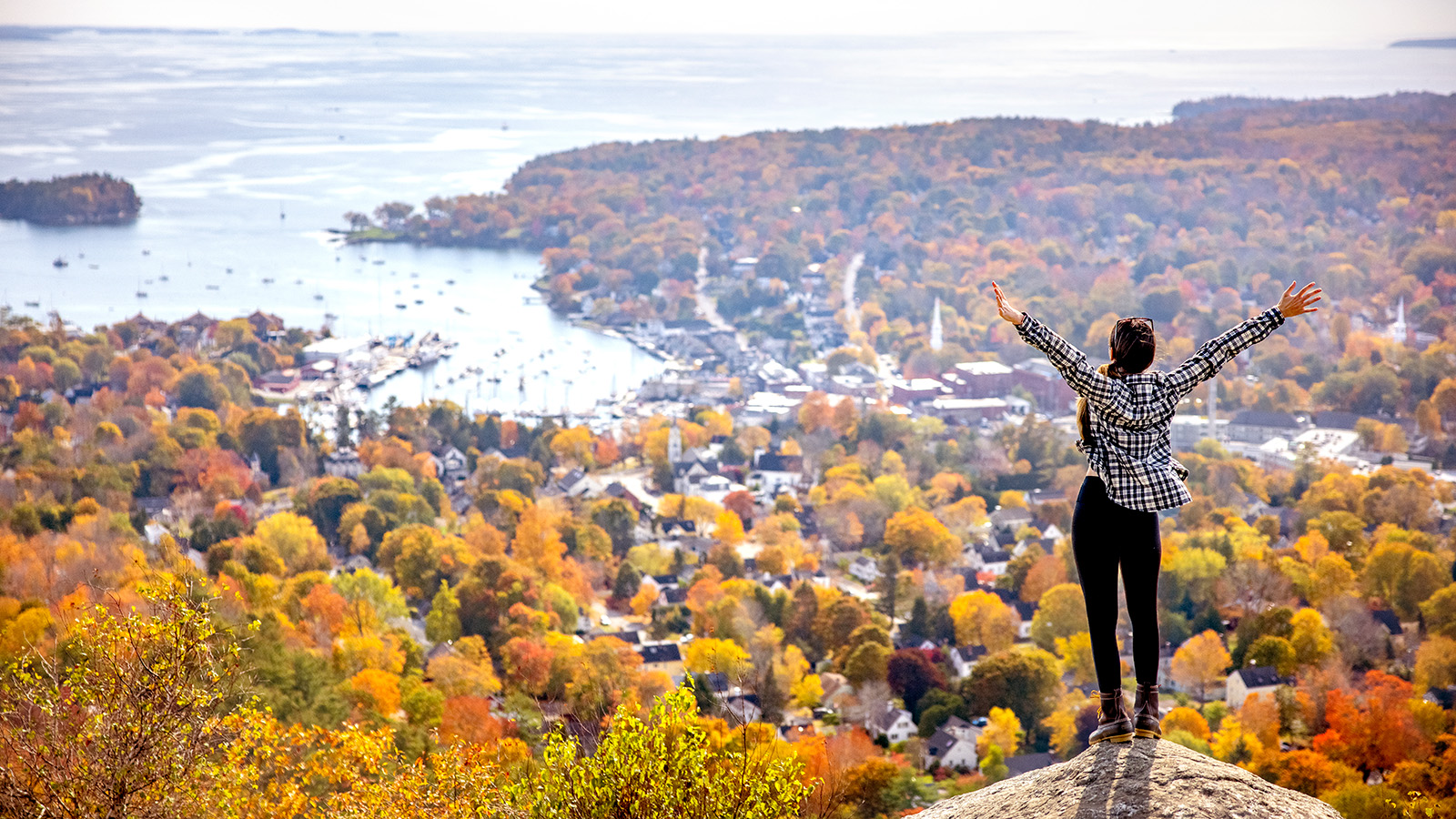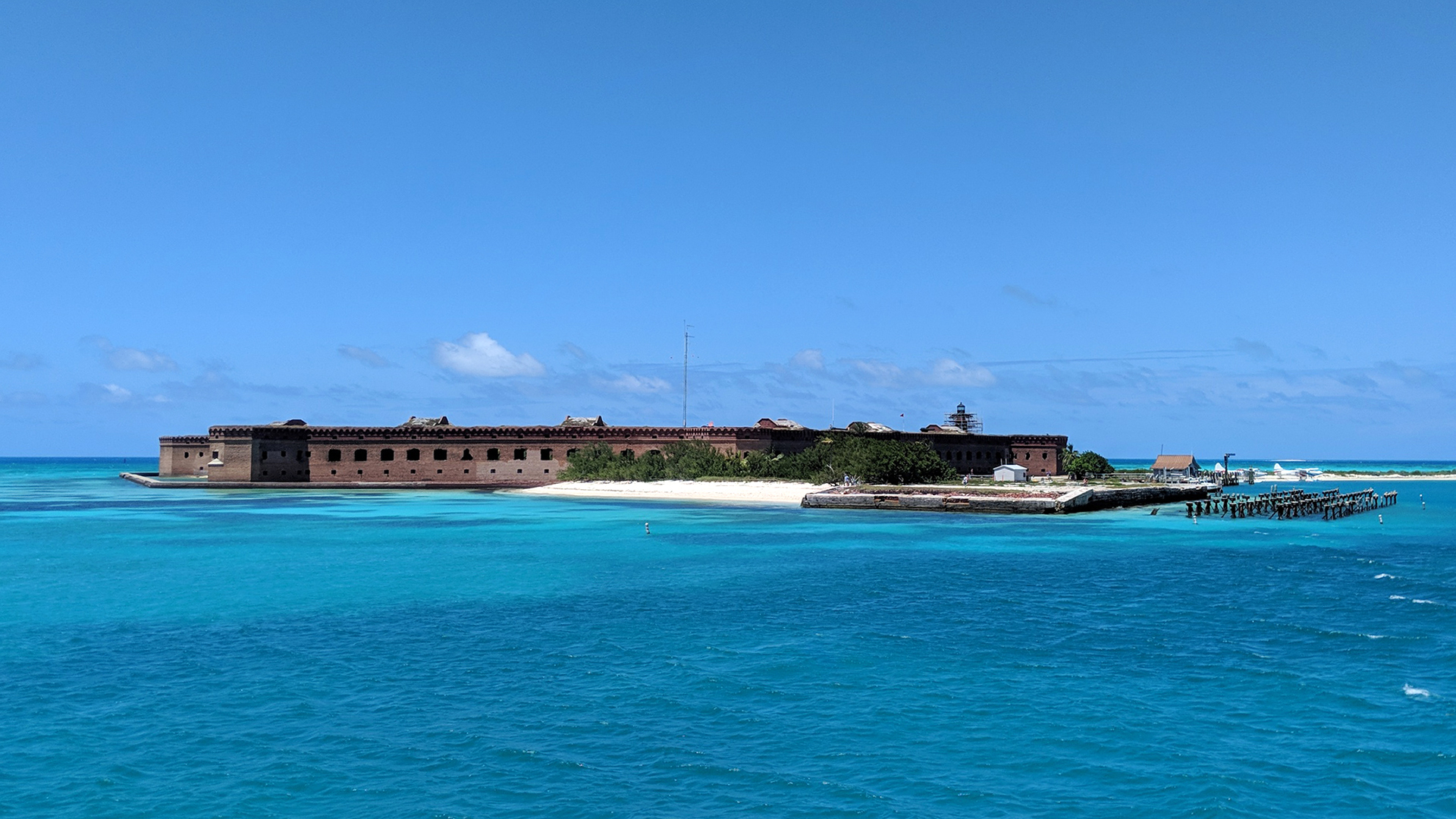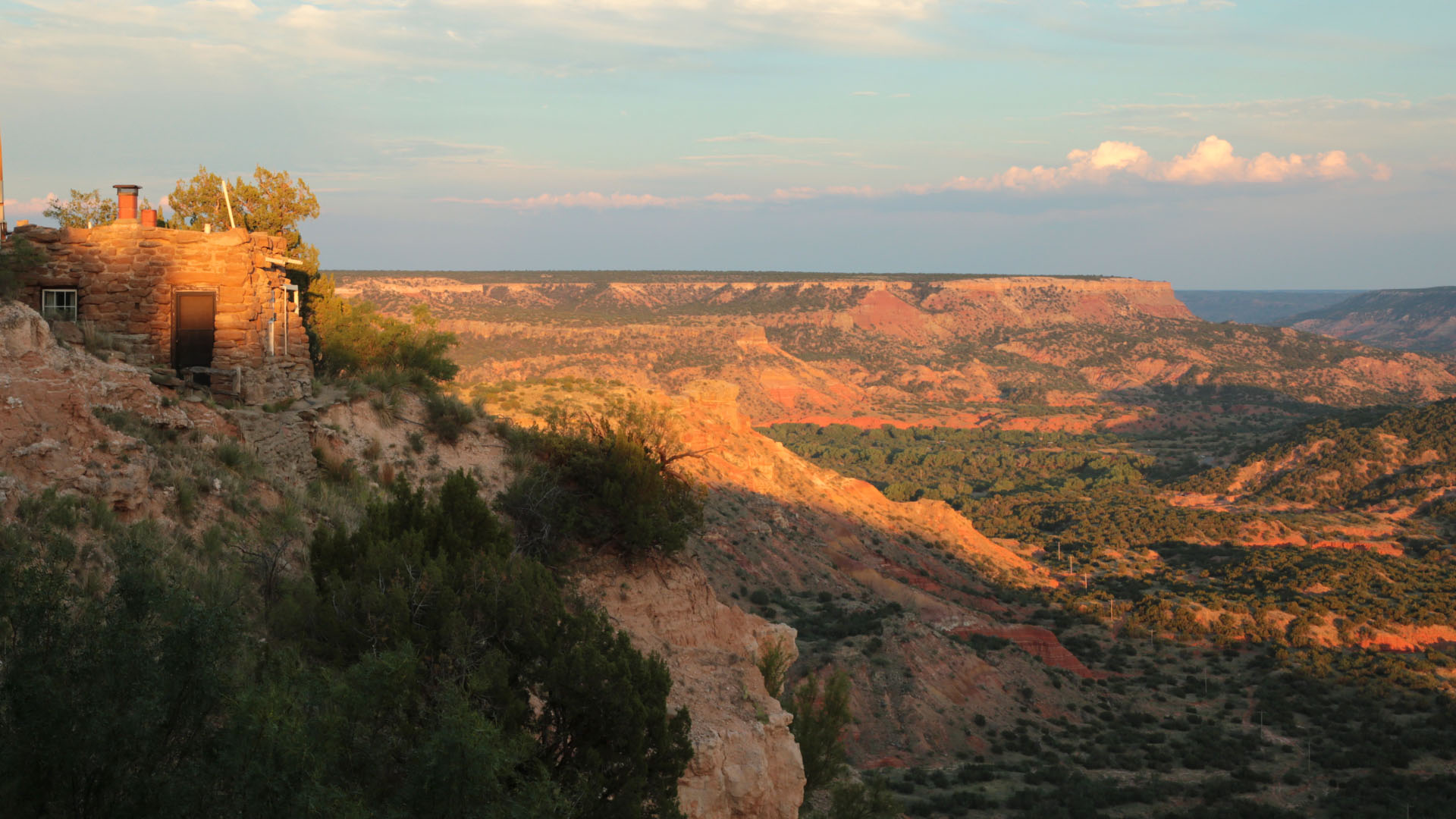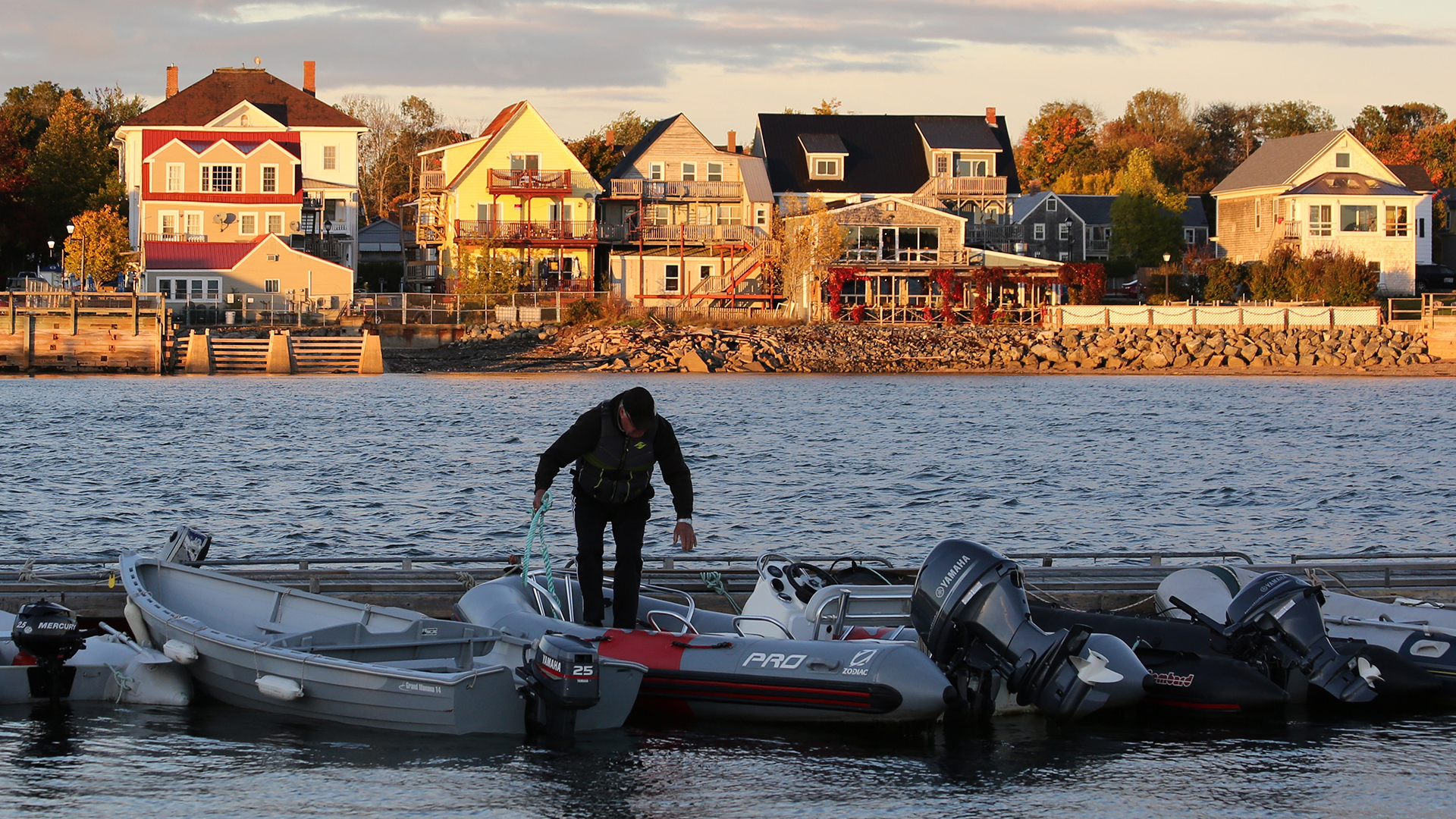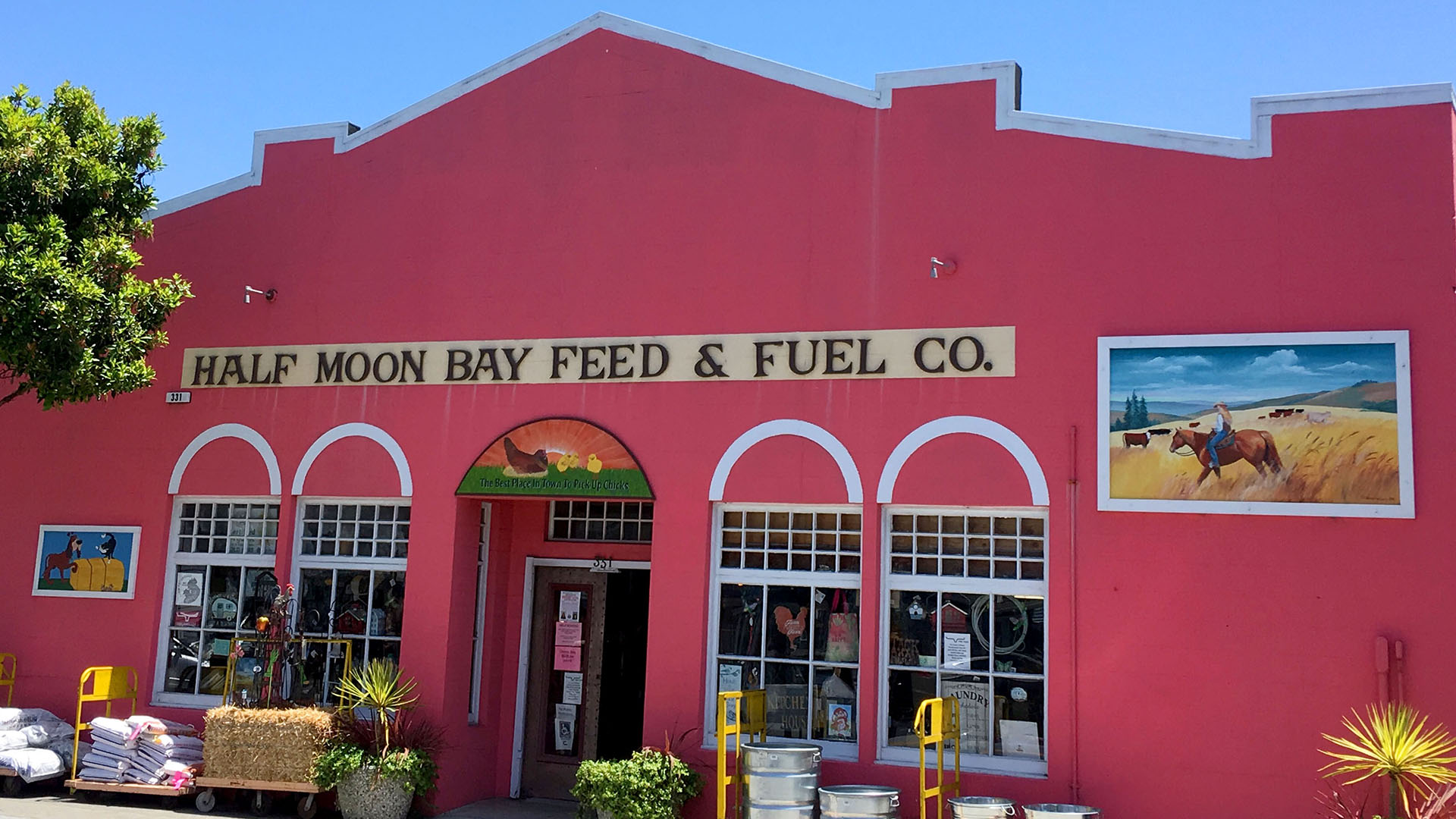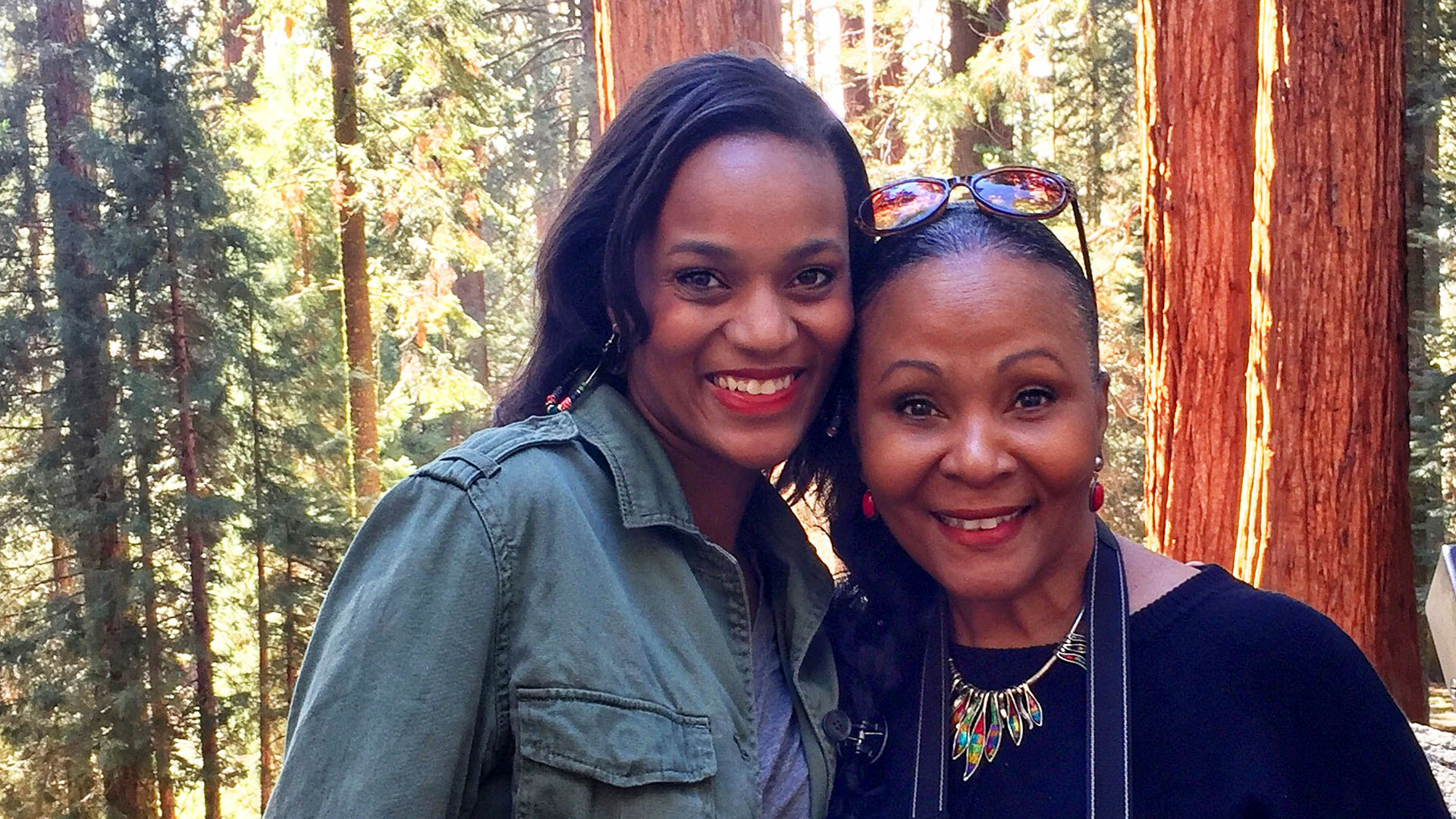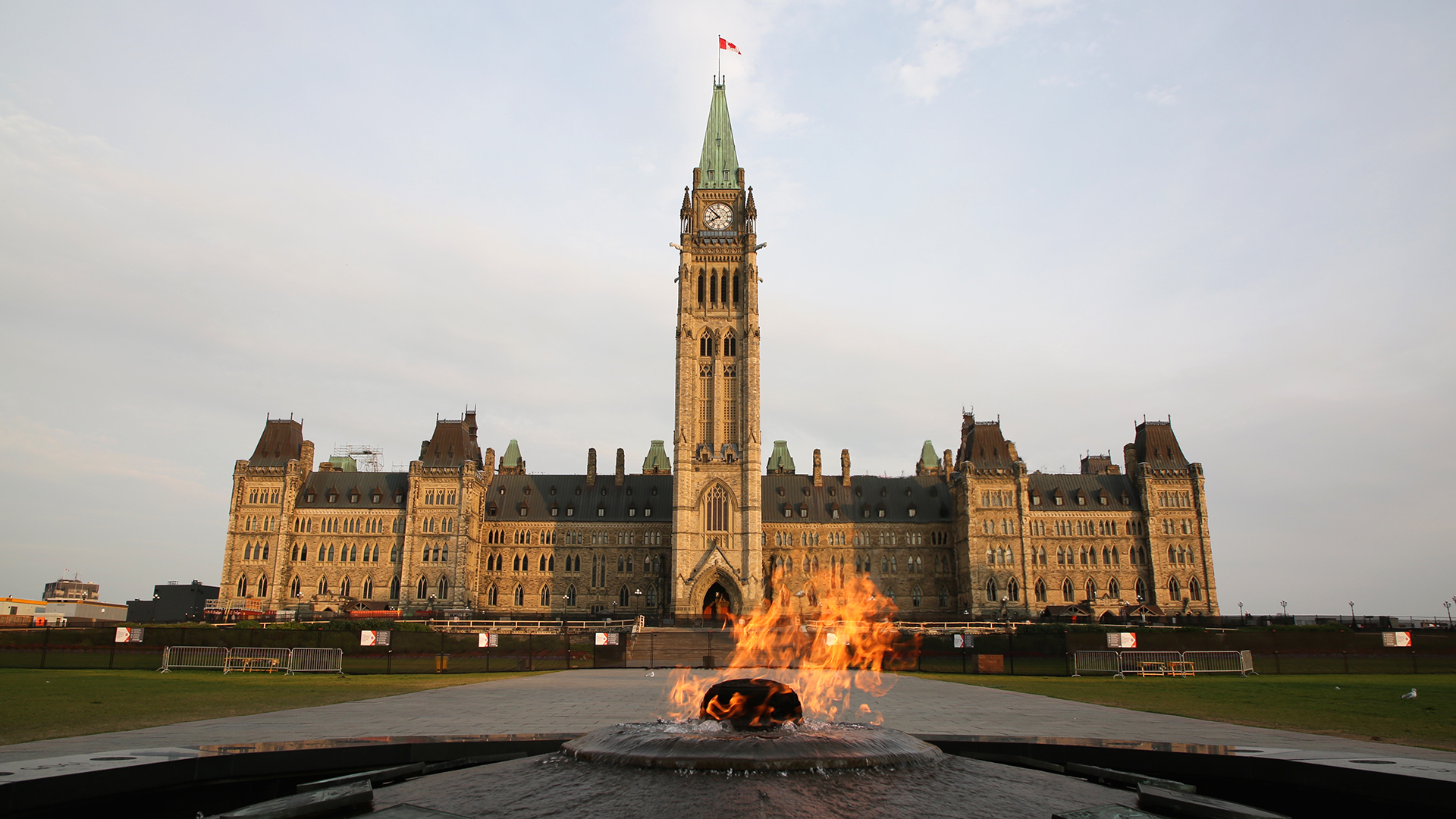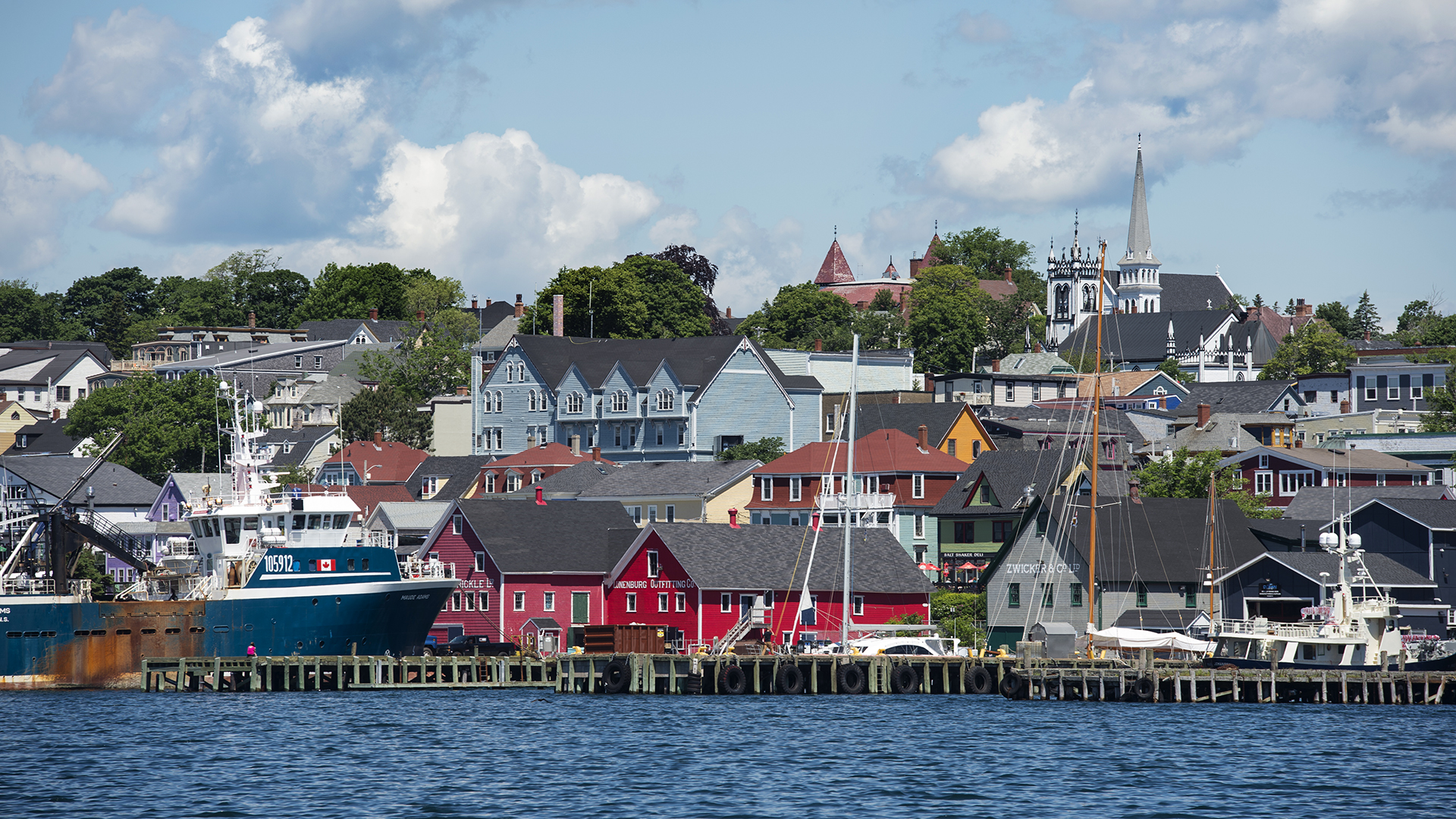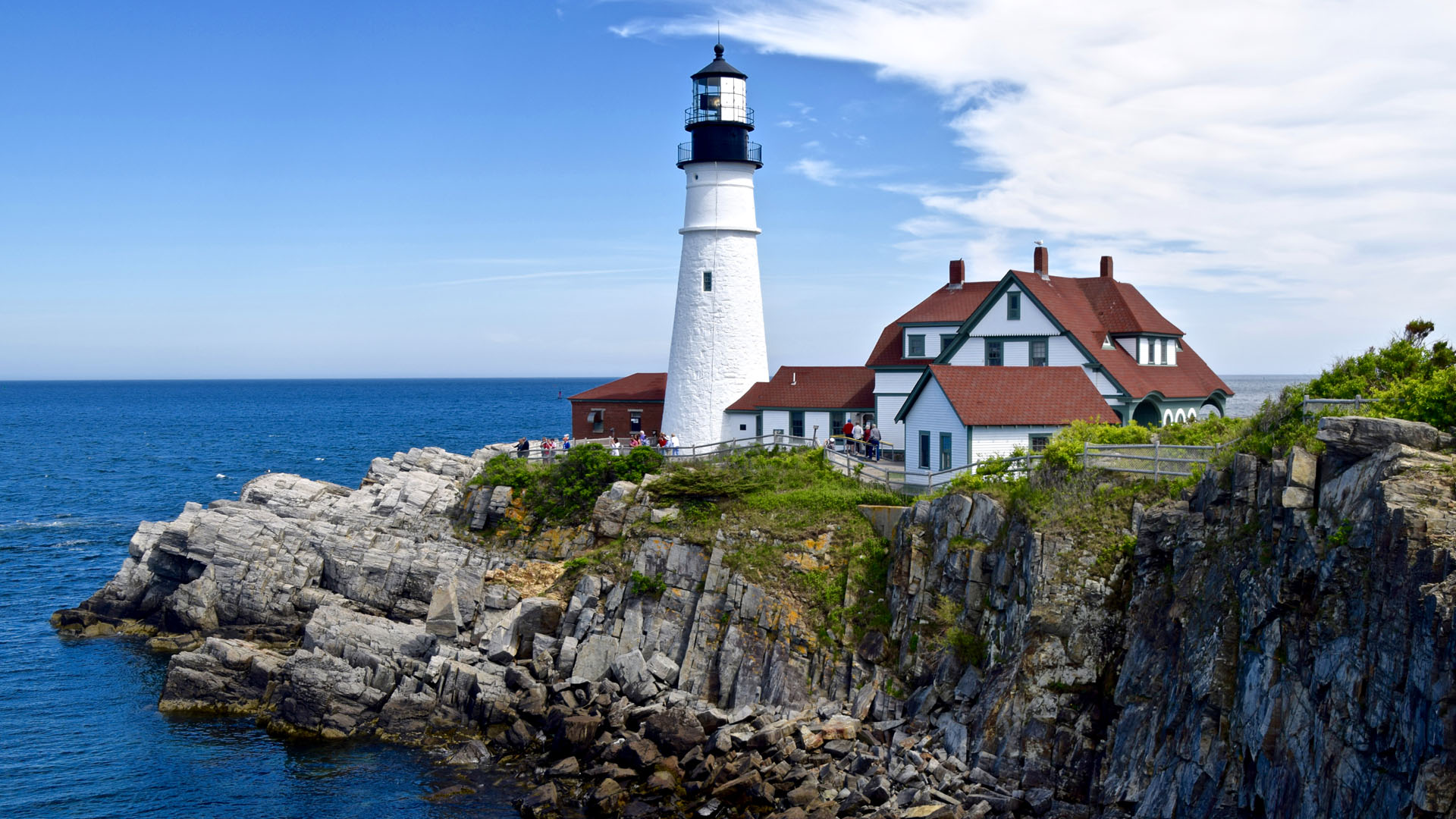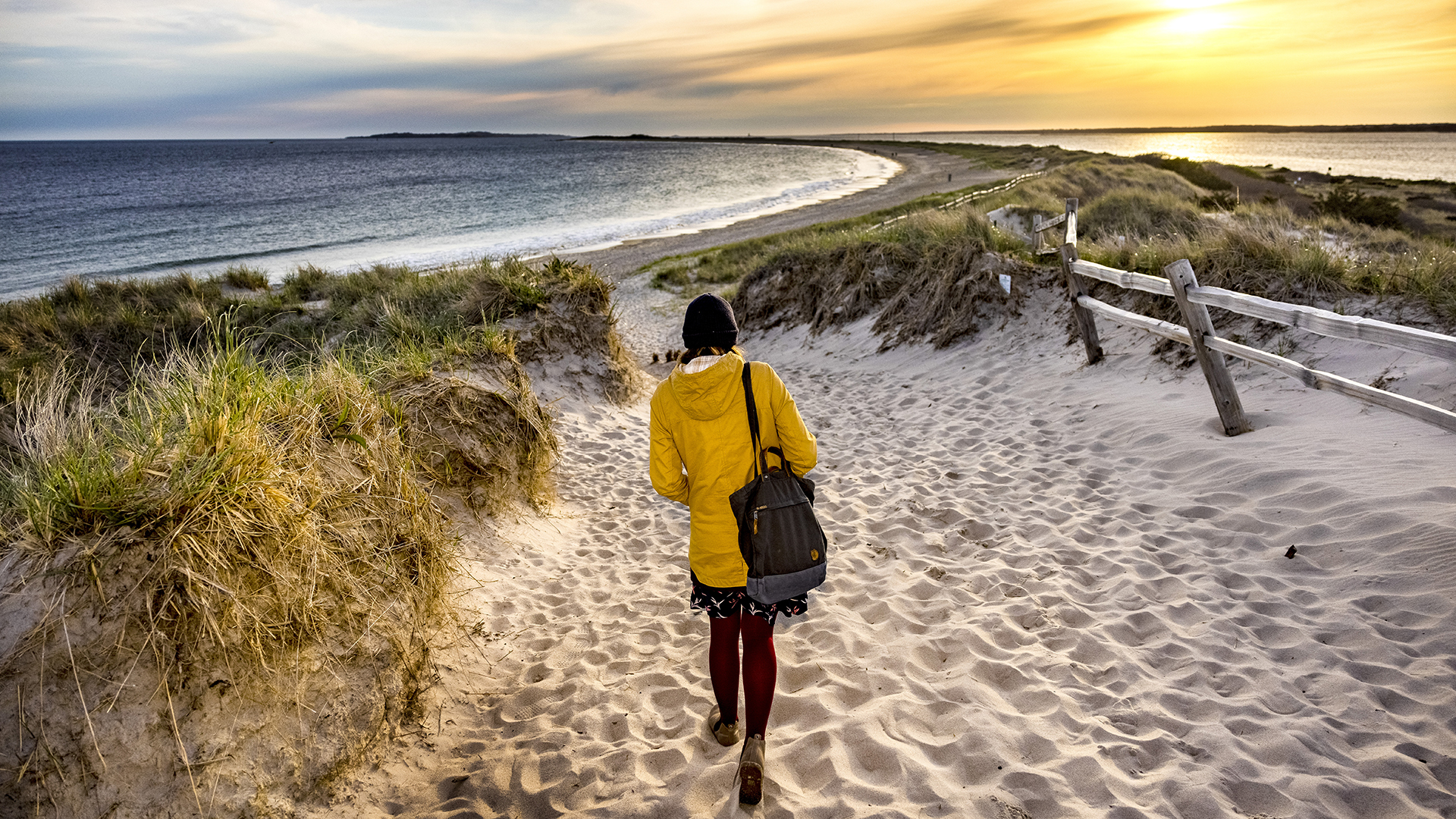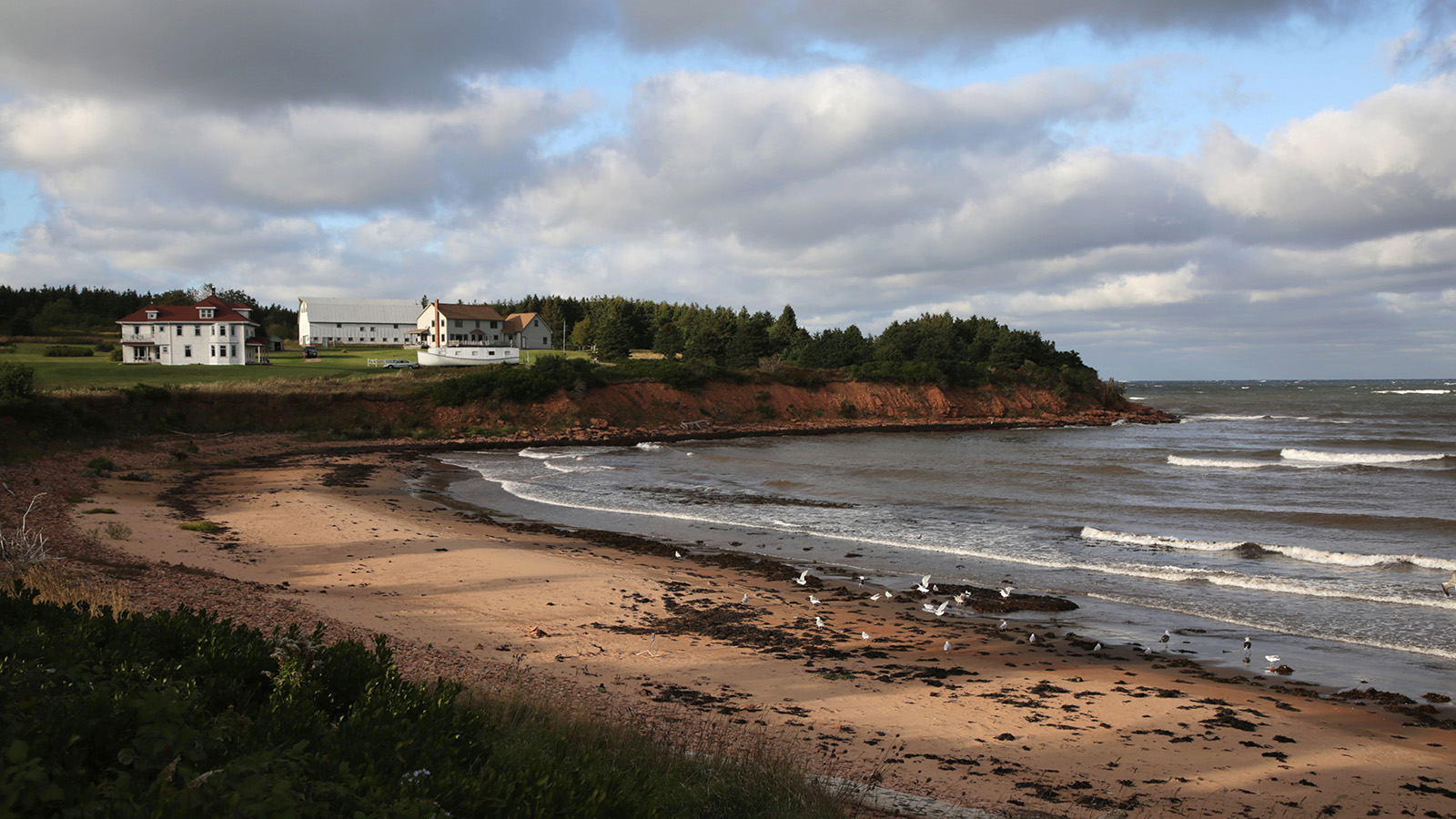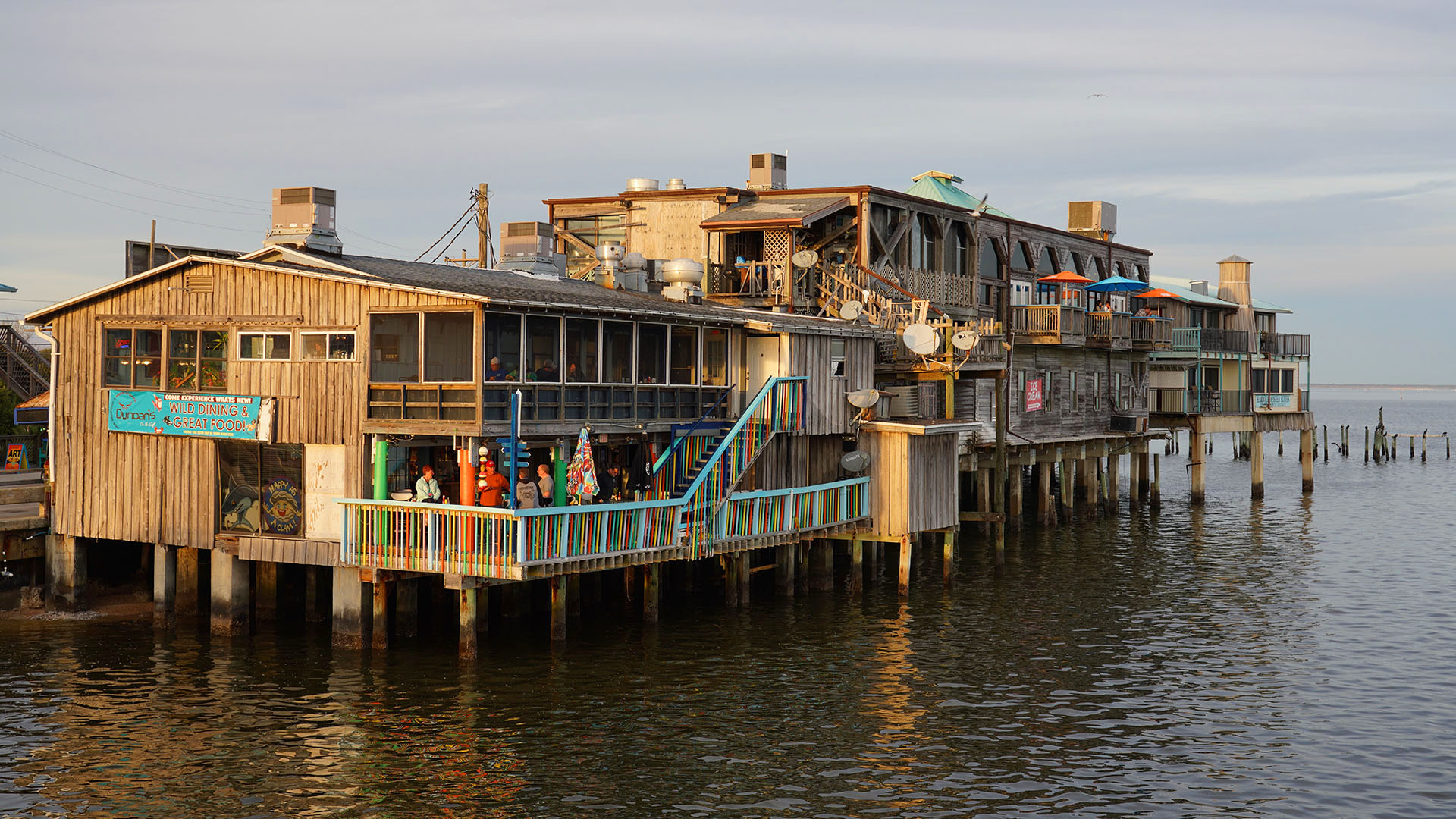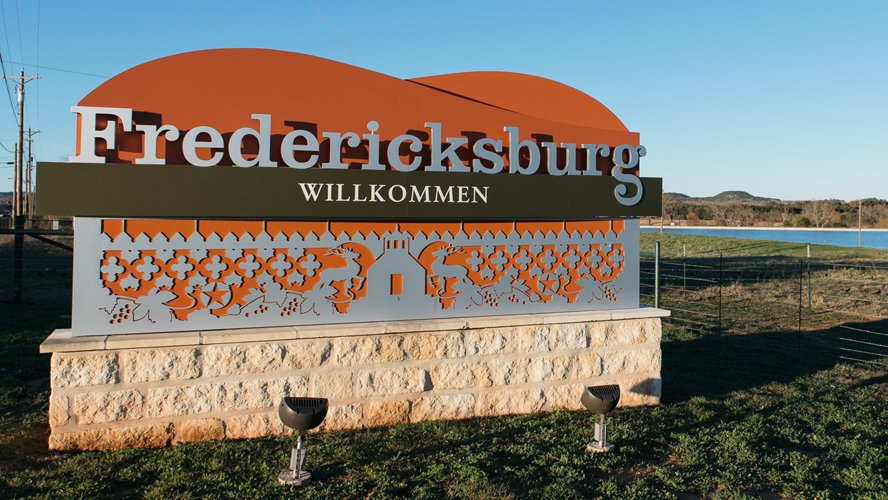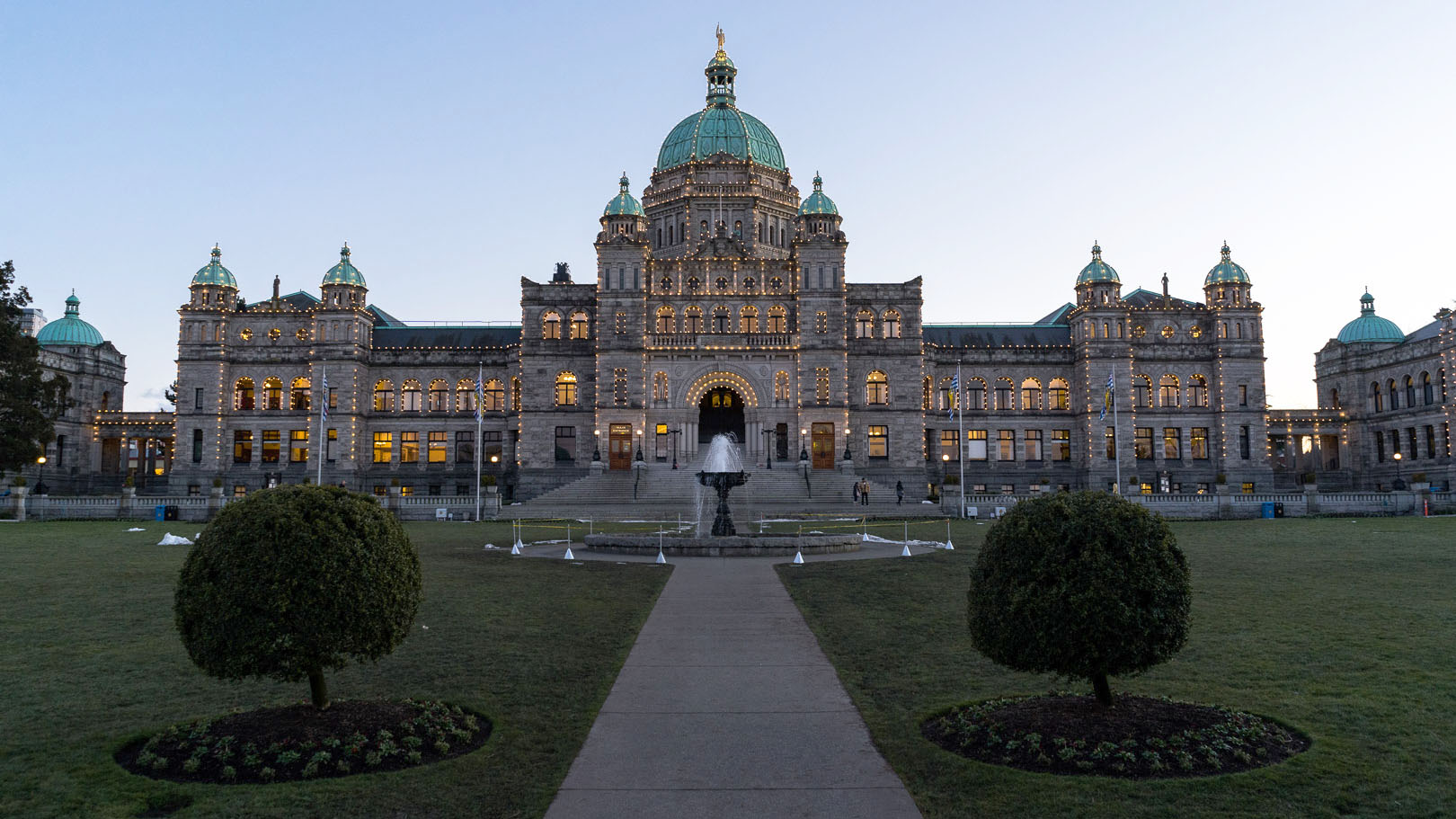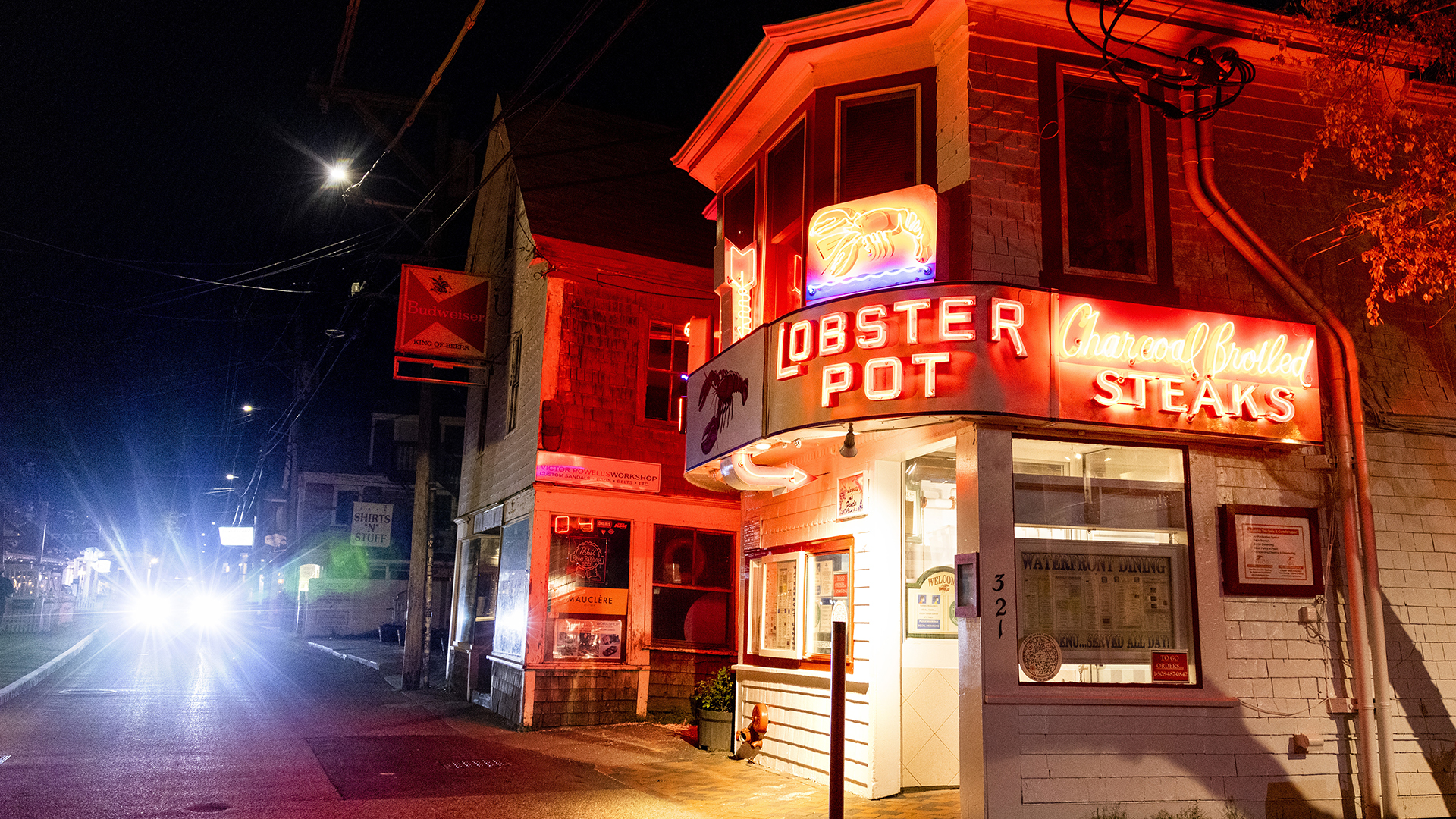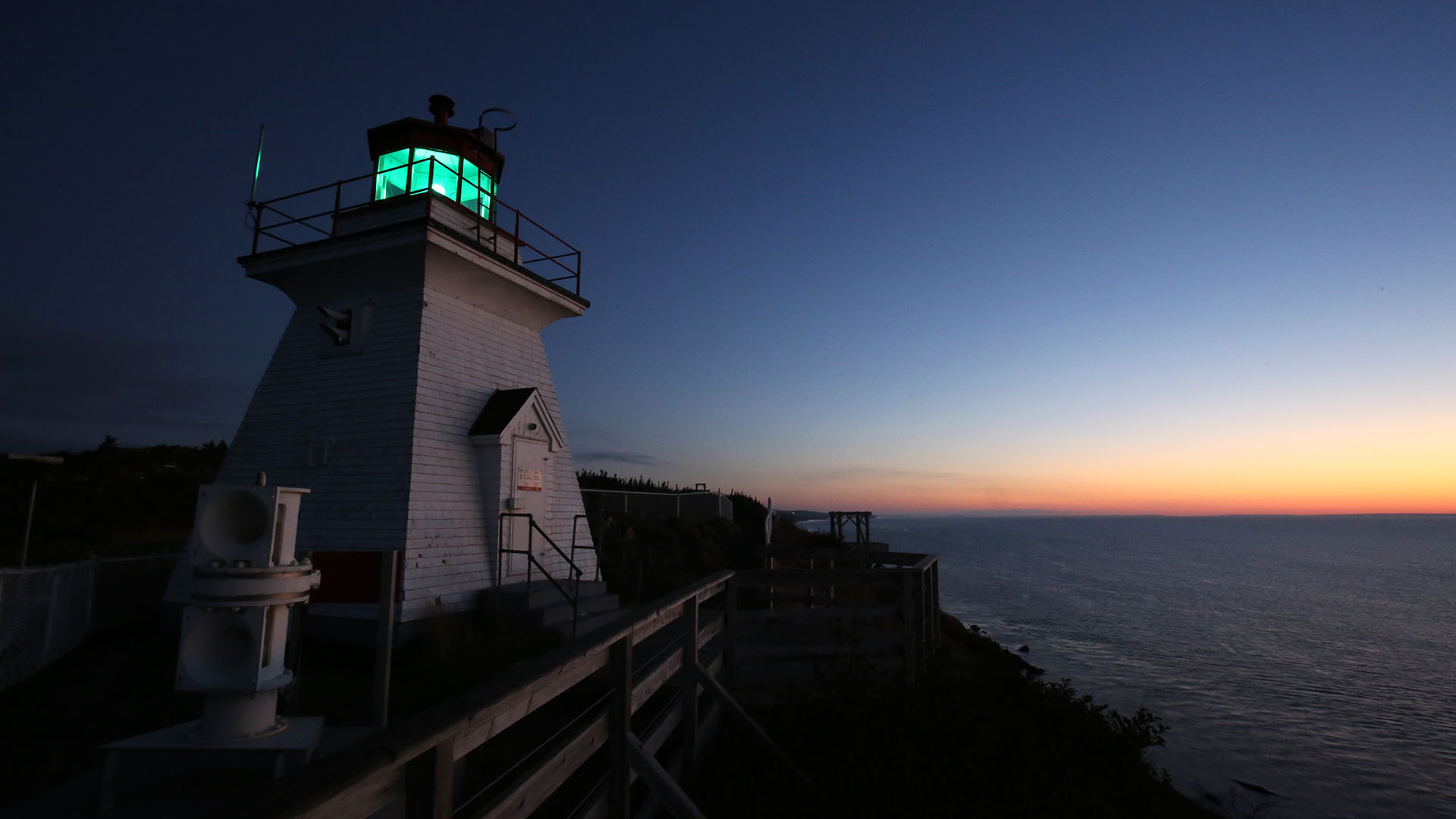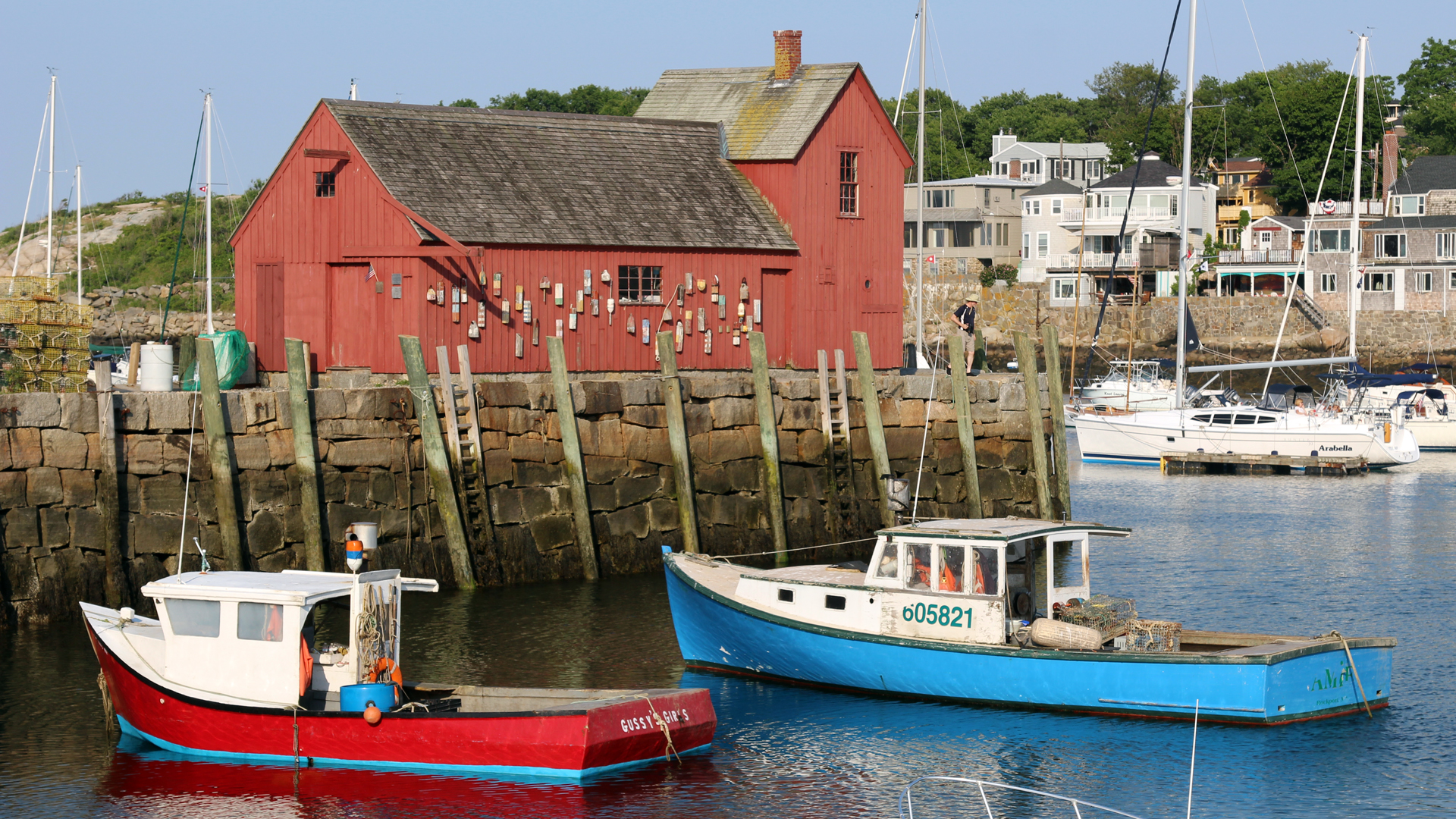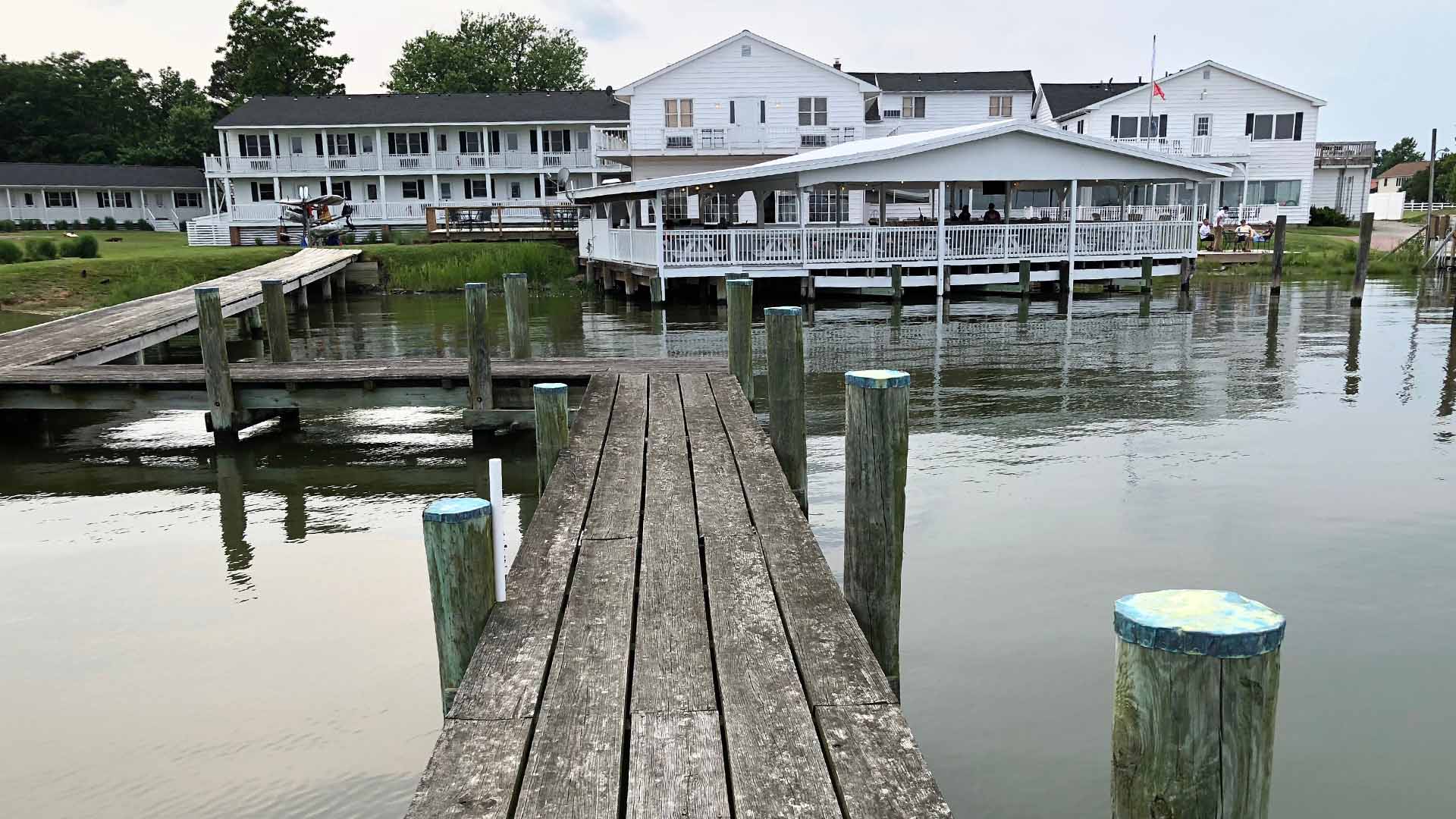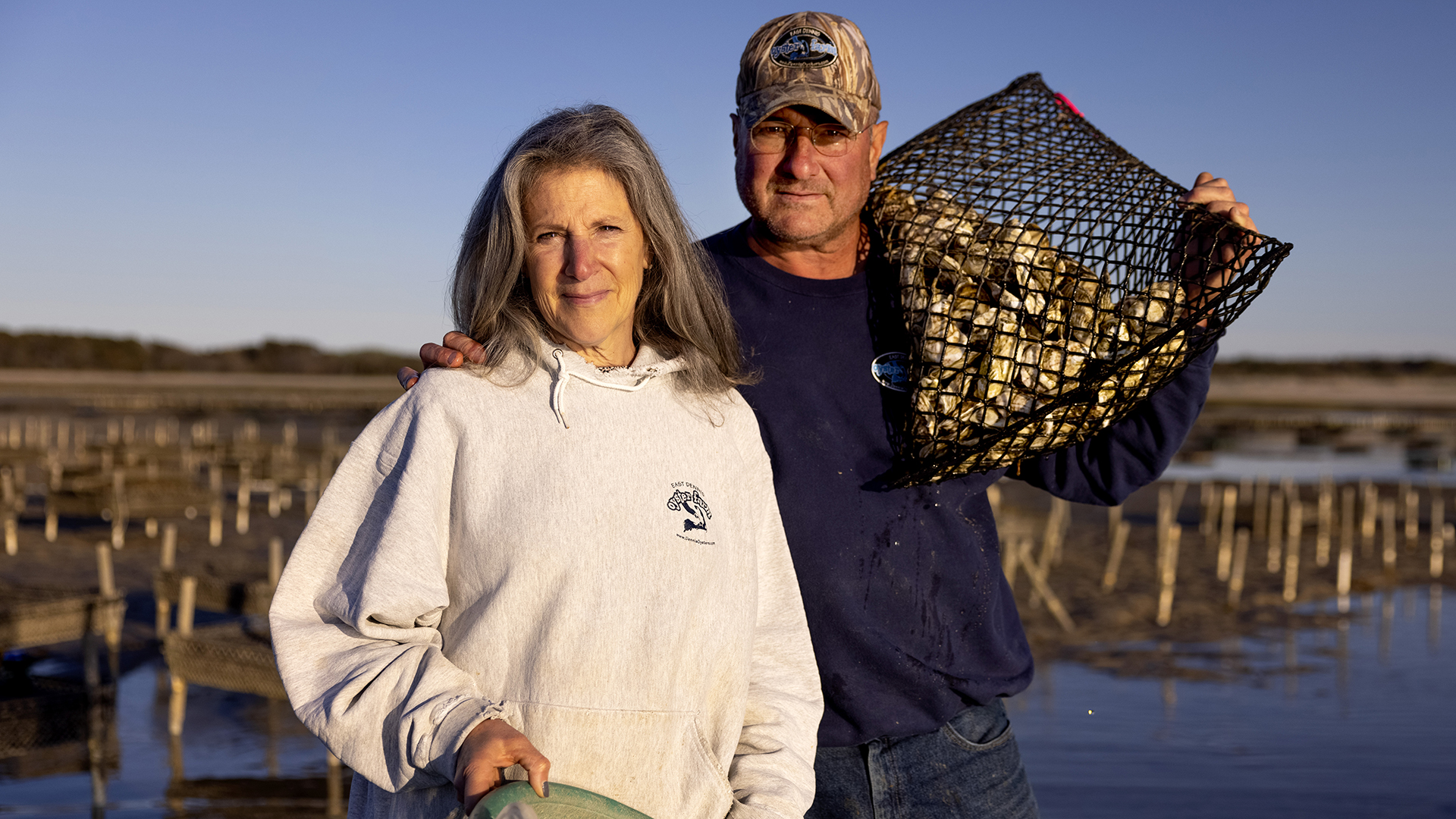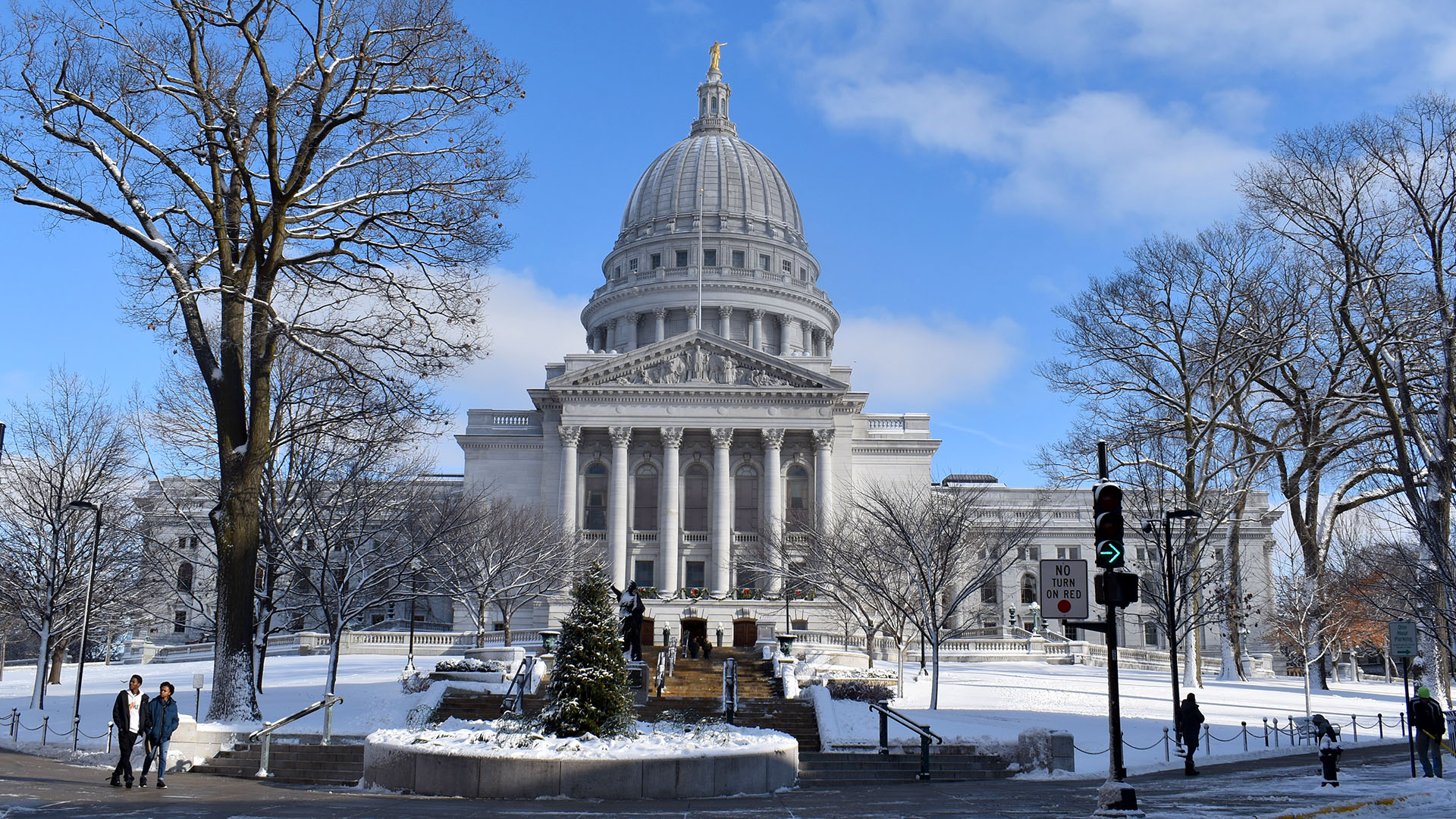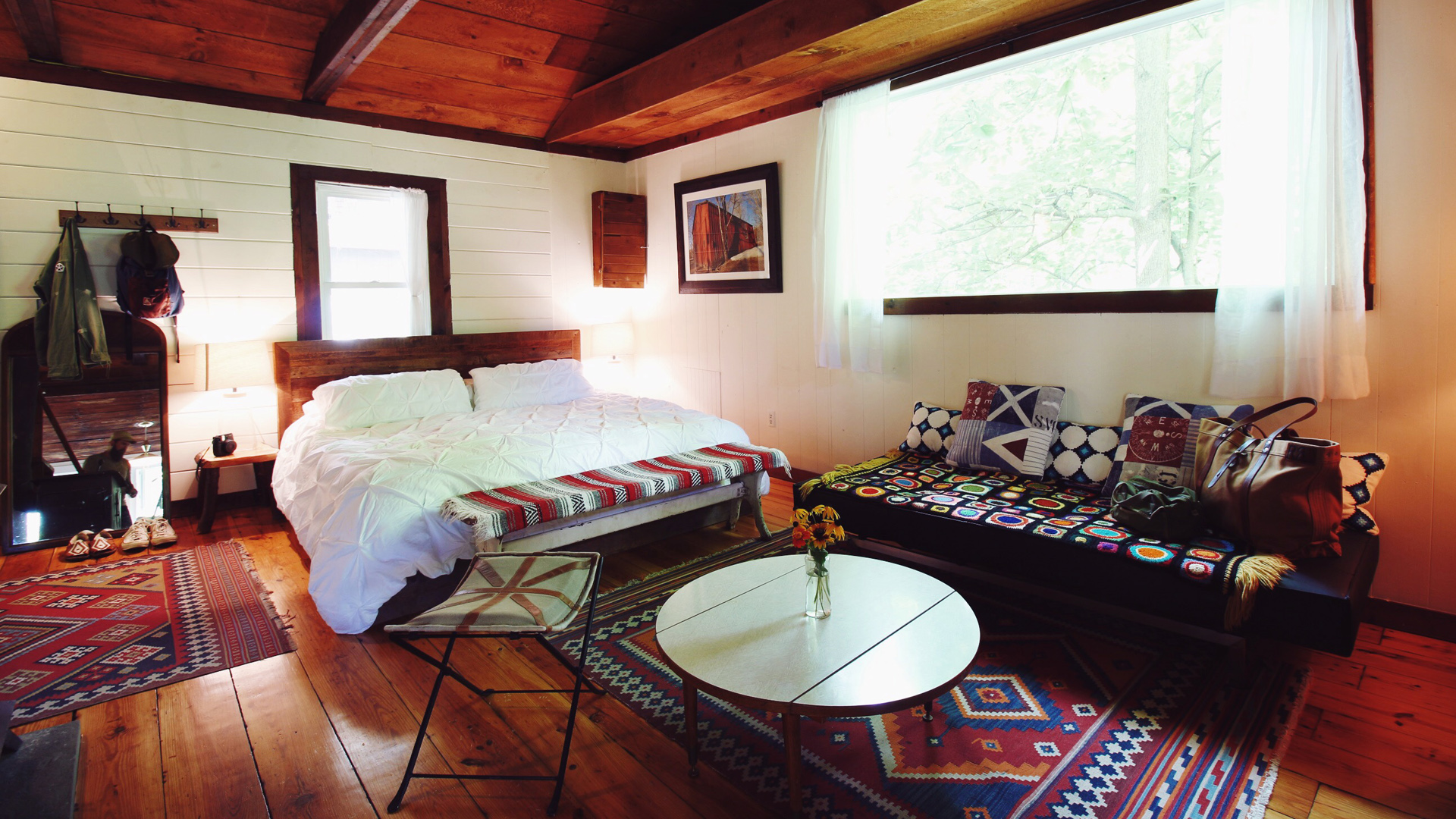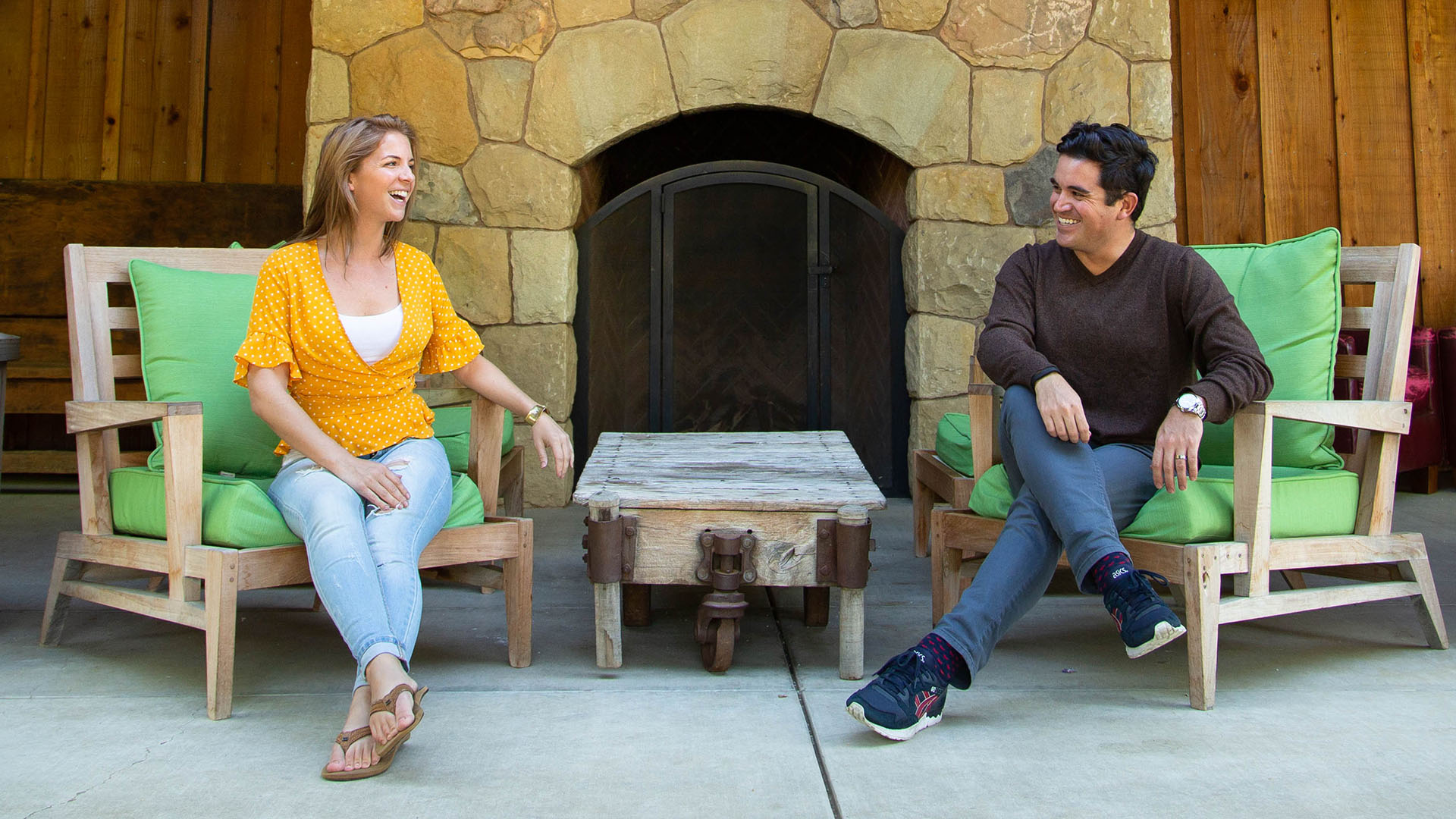Tilghman Island: A Chesapeake Bay Weekend Escape

The Wylder Hotel is on Tilghman Island.
Story by Lauren Kafka; photos by Alexander C. Kafka
Lauren is a writer, editor and English tutor in Bethesda, Maryland. Her husband, Alex, is a journalist, photographer and composer.
The idyllic destination is only a two-hour road trip from Washington, D.C., or Baltimore.
After another week of anxiety-inducing deadlines and snarled rush-hour traffic just outside Washington, D.C., I began fantasizing about a romantic weekend excursion. Tilghman Island, less than a two-hour drive from my home in Bethesda, Maryland, seemed like the perfect destination.
I found a secluded 1840s bed-and-breakfast called Black Walnut Point Inn, where the sun rises over the Choptank River and sets over the Chesapeake Bay. Innkeepers Bob and Tracy will be thrilled to share stories with you about Truman Capote’s visit in the 1960s, or they’ll leave you alone to lounge by the pool, roam their expansive gardens or enjoy a page-turner in a rocking chair on the porch. You might even spot a pair of nesting eagles, resident osprey, migrating butterflies or songbirds, and the back cove provides spawning grounds for rockfish. Snacks include homemade cookies, fresh fruit, trail mix and orange cake made from Bob’s grandmother’s recipe. “We try to make you feel like you’re a kid at your grandmother’s house,” Tracy said.
For even more amenities and culinary options, you might prefer the recently renovated Wylder Hotel Tilghman Island, which sits on 9 acres of lush waterfront property and offers a private marina with 25 boat slips, a saltwater pool, bocce court, canoes and kayaks as well as Tickler’s Crab Shack & Restaurant and Bar Mumbo.

Bob (left) and Tracy, owners of the Black Walnut Point Inn

Captain Wade Murphy ties the sails on the Rebecca T. Ruark.
Tilghman Island Attractions
After you settle in, I cannot think of a more authentic way to learn about this storied island than while hoisting the sails on Capt. Wade Murphy’s skipjack, the Rebecca T. Ruark. Murphy’s boat, built in 1886, is the oldest U.S. Coast Guard-certified vessel and a national historic landmark. Murphy, 77, a fifth-generation Tilghman Island waterman who started dredging the Chesapeake Bay for oysters with his dad in 1957, remembers the days when more than 80 skipjacks sailed on the bay, and oysters were so plentiful that dredgers would catch their limit of 300 bushels in an hour.
These days, Murphy spends most of his time entertaining and educating tourists with his captivating sea tales and deadpan humor. “If you see me laying there, and you think I’m dead,” Murphy said, “do not bury me at sea.” Soon after my husband, Alex, worked with a couple of our fellow passengers to hoist the sails, Capt. Wade asked me if I wanted a turn at the wheel. Although a bit nervous that my navigational efforts might put us on the 6 o’clock news, I managed to steer for a while without getting us into any head-on collisions. Still, I came to appreciate the ease of power steering.

The Tilghman Island Taxi service is free for short rides

Hall Kellogg stands inside the Tilghman Watermen's Museum.
Staying ‘A Little Sleepy’
Because the island is a bit remote, renting a car is your best bet for getting around. In a pinch, however, you can call the Tilghman Island Country Store for a free ride in their red, six-seat golf cart, which they call the Tilghman Island Taxi Service. Regardless of how you get there, make time for the chocolate chip French toast or the soft-shell crab eggs Benedict at Two If By Sea. Chef Henry Miller won awards in 2018 for best chef and best brunch from What’s Up? Eastern Shore magazine. Miller’s hearty meal will give you plenty of fuel for a visit to the no-frills Phillips Wharf Environmental Center, which houses over 30 native Chesapeake Bay animals including sea horses, diamondback terrapins, Atlantic sturgeon, blue crabs and horseshoe crabs.
Our final stop of the day was the Tilghman Watermen’s Museum, a recently renovated building chock-full of boat models, photographs, paintings and an assortment of watermen’s harvesting tools for netting, tonging, dredging and crabbing. Co-founder Hall Kellogg is proud of the art and artifacts residents donated to create the permanent collection — especially the colorful seascapes of William E. Cummings, a talented waterman who taught himself to paint. The museum also chronicles the ups and downs of the Tilghman Packing Company and the oyster packers, shippers and shell shuckers who helped the company and the island thrive through most of the 20th century. While Kellogg is exuberant about attracting tourists, he’s also eager to see the island maintain its serenity.
“We want people to come out,” Kellogg said, “but we don’t want all the glitz and glitter and congestion; and sometimes it’s a fine line when you’re trying to preserve the traditions of the island. We want to stay a little sleepy.”
That sleepiness is what we appreciated most as we drove back onto the highway toward home and reluctantly switched gears to prepare for the workweek ahead.

Shrimp at the Wylder Hotel
Related
Read about more weekend getaways.
- Weekend Getaway to Milford, Pennsylvania
- Weekend Getaway to Catskill Mountains, New York
- Weekend Getaway to Bovina, New York
- Couple’s Weekend Trip to Solvang, California
- Niagara Falls Attractions
- Weekend Getaway to St. Louis, Missouri
- Driving Through The Smoky Mountains: Planning Your Road Trip
- Weekend Getaway to Bryce Canyon National Park
- Insider's Guide to San Francisco Attractions
- Chesapeake Bay Weekend Getaway: Oxford and Easton
- Weekend Getaway to Camden, Maine
- Day Trip to Dry Tortugas National Park
- Weekend Getaway to Palo Duro Canyon, Texas
- Weekend Getaway to Delightful St. Andrews-by-the-Sea
- Weekend Getaway to Half Moon Bay
- Weekend Getaway to Fresno, California
- Attractions in Ottawa, Canada
- Weekend Getaway to Lunenburg, Nova Scotia
- Weekend Getaway to Portland, Maine
- Take a Leisurely Drive Down to Key West
- Rhode Island Road Trip
- Road Trip to Prince Edward Island, Canada
- Florida Road Trip from Cedar Key to Sanibel
- Road Trip from Austin to Fredericksburg, Texas
- Weekend Getaway to Victoria, Canada
- Provincetown
- Road Trip to the Phenomenal Bay of Fundy
- Mystic Connecticut
- Weekend Getaway from Boston to Rockport, Massachusetts
- Chesapeake Bay Weekend Getaway: Tilghman Island
- Cape Cod Road Trip
- Weekend Getaway to Madison, Wisconsin
- Romantic Weekend Getaway at St. Michaels on Chesapeake Bay
- Weekend Getaway to Woodstock, New York
- Weekend Getaway to San Diego, California
- Road Trip to Big Sur

